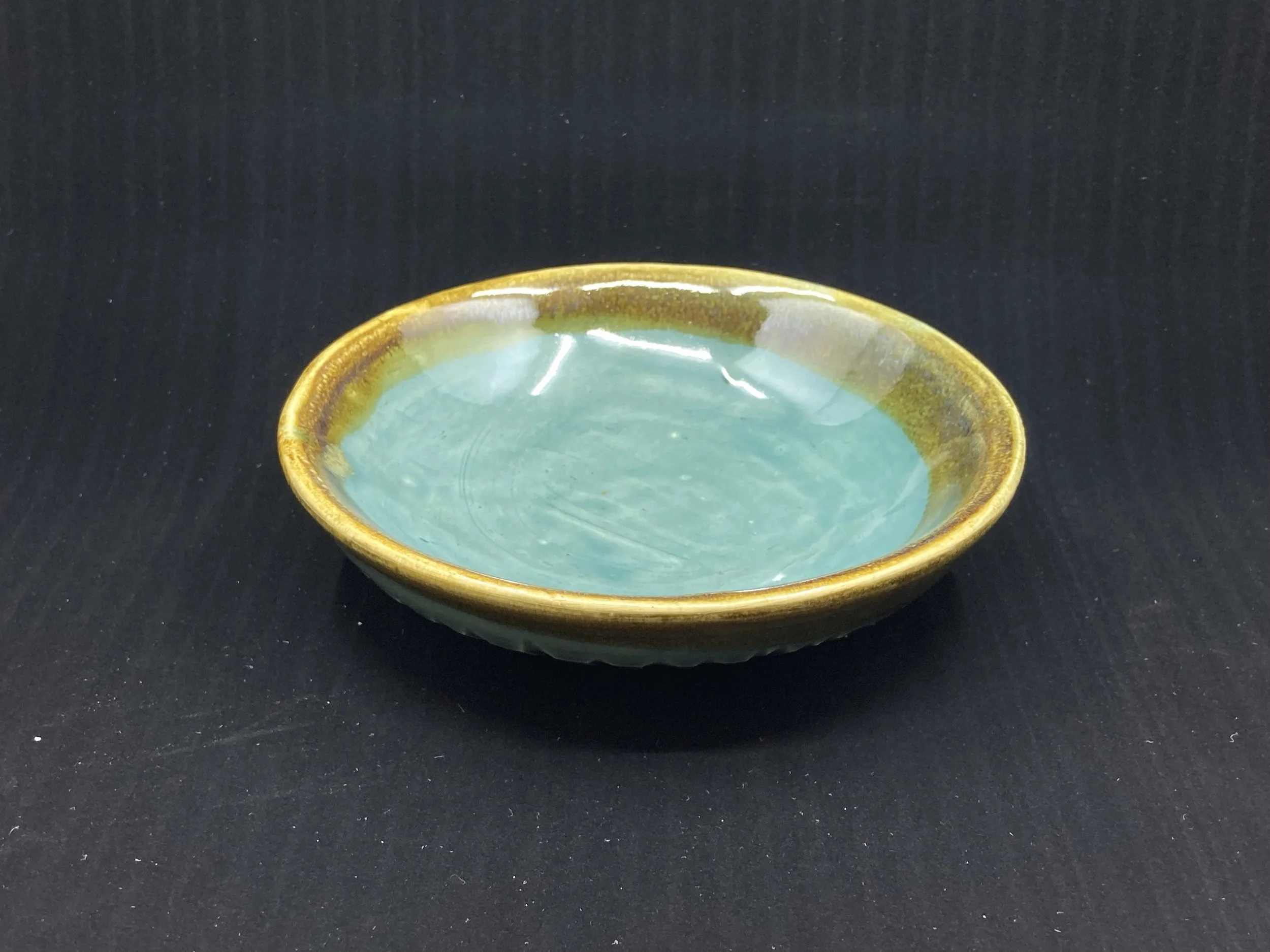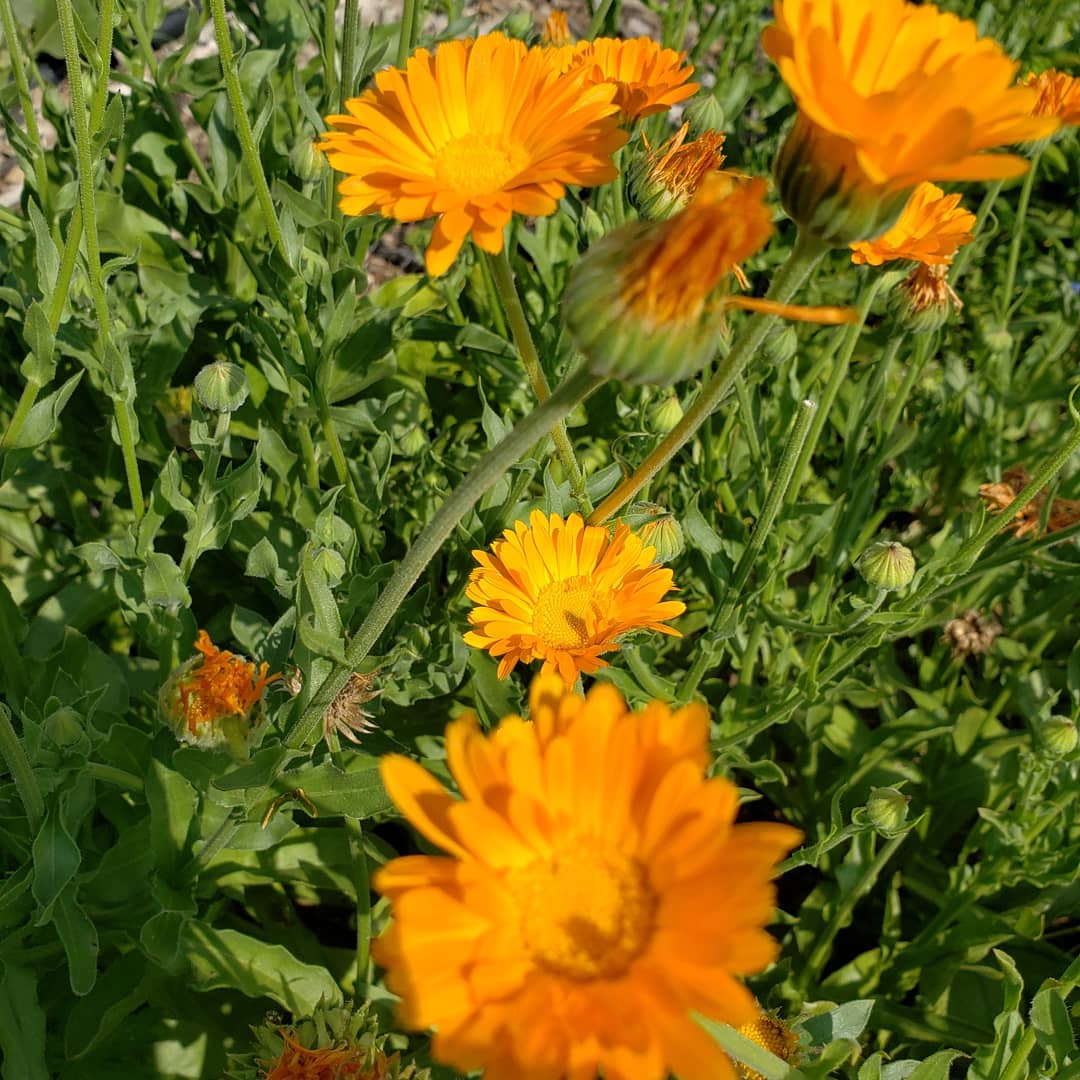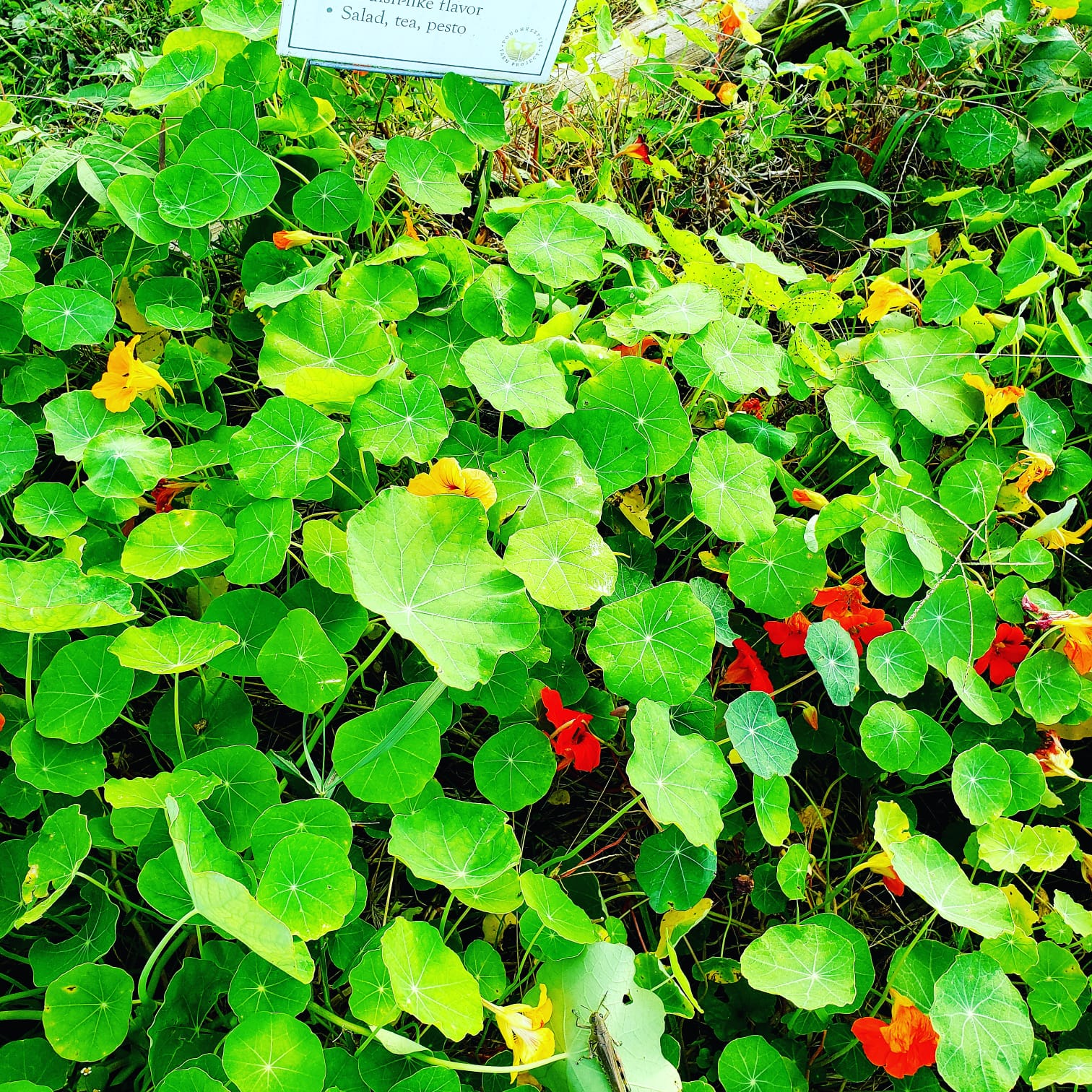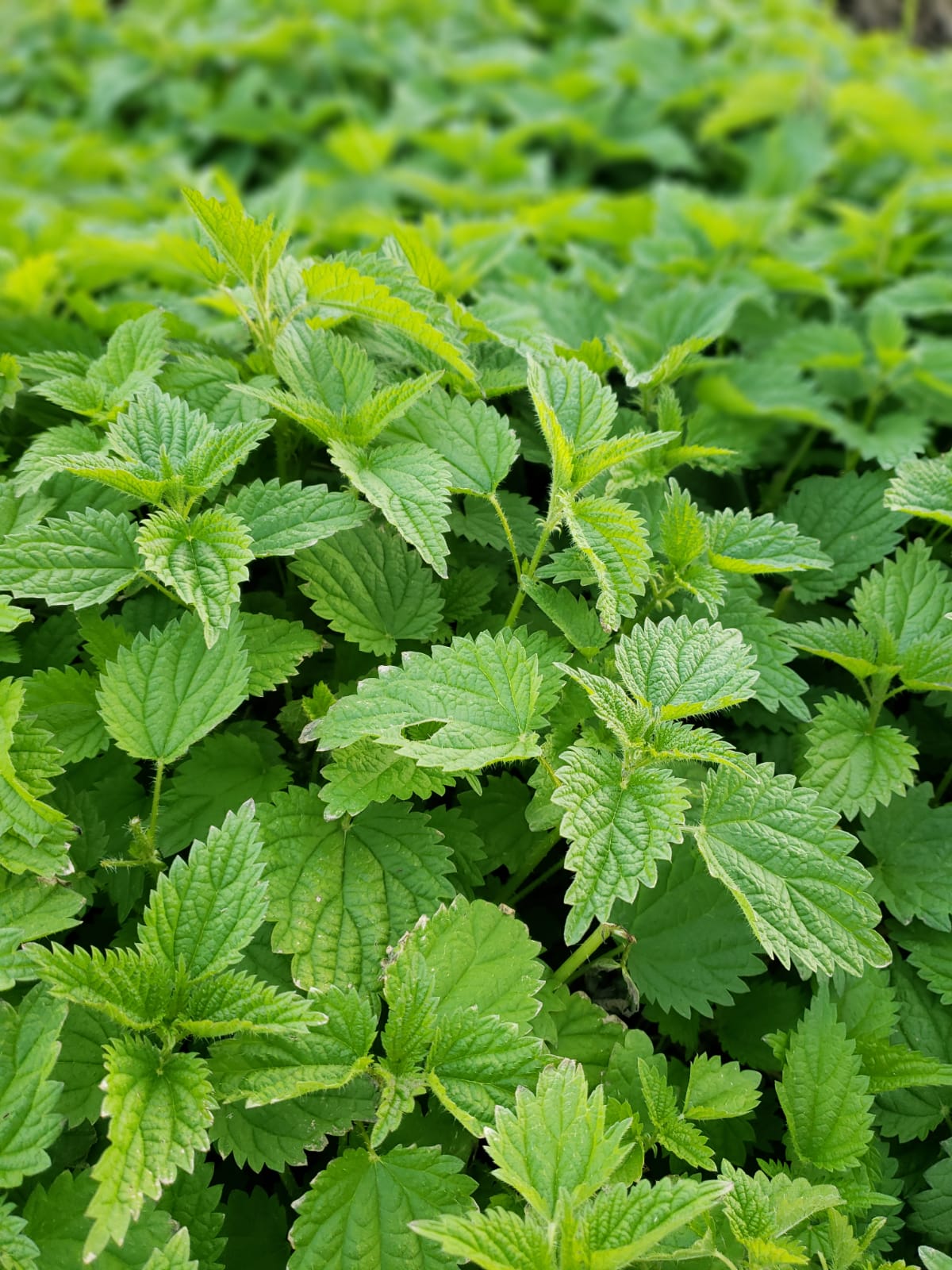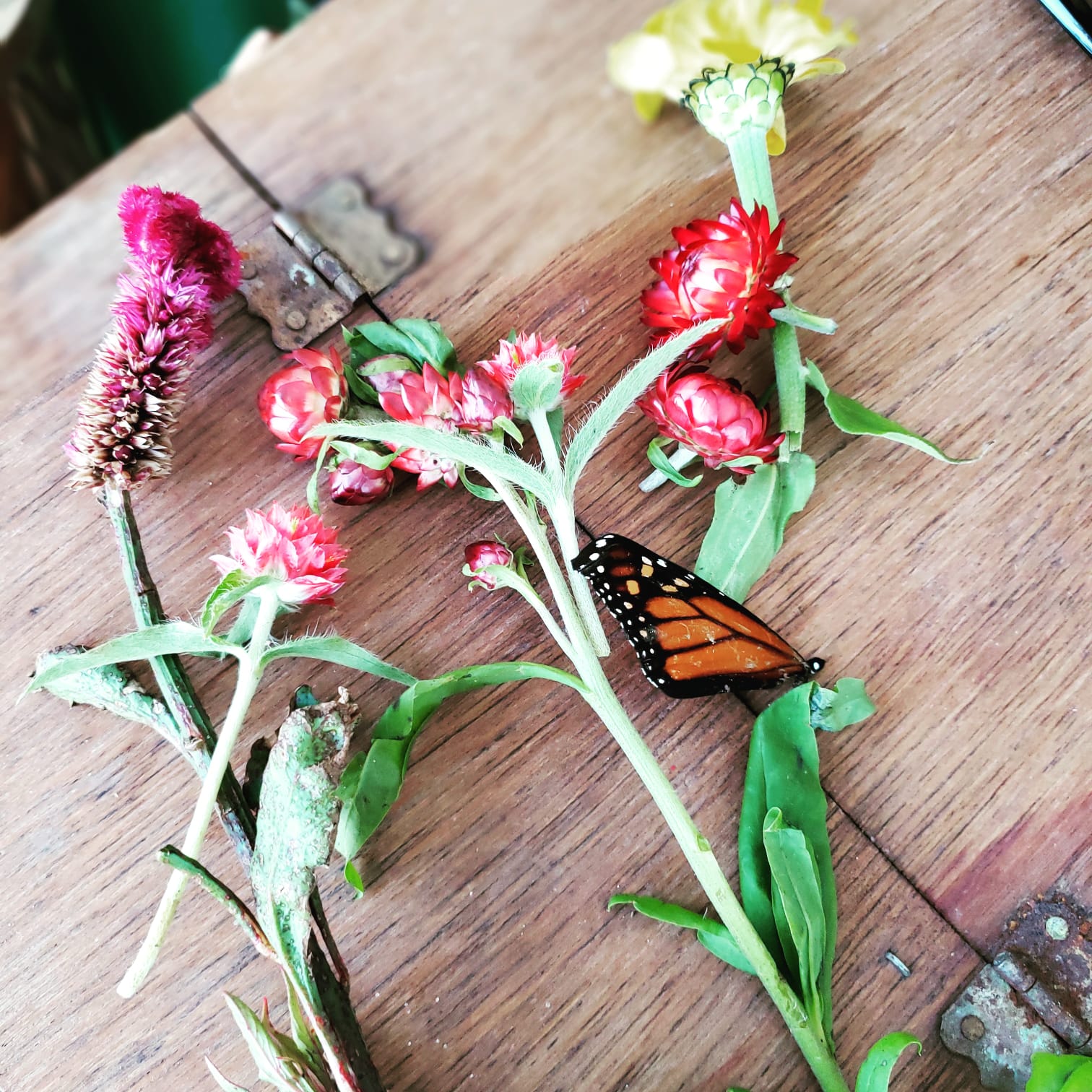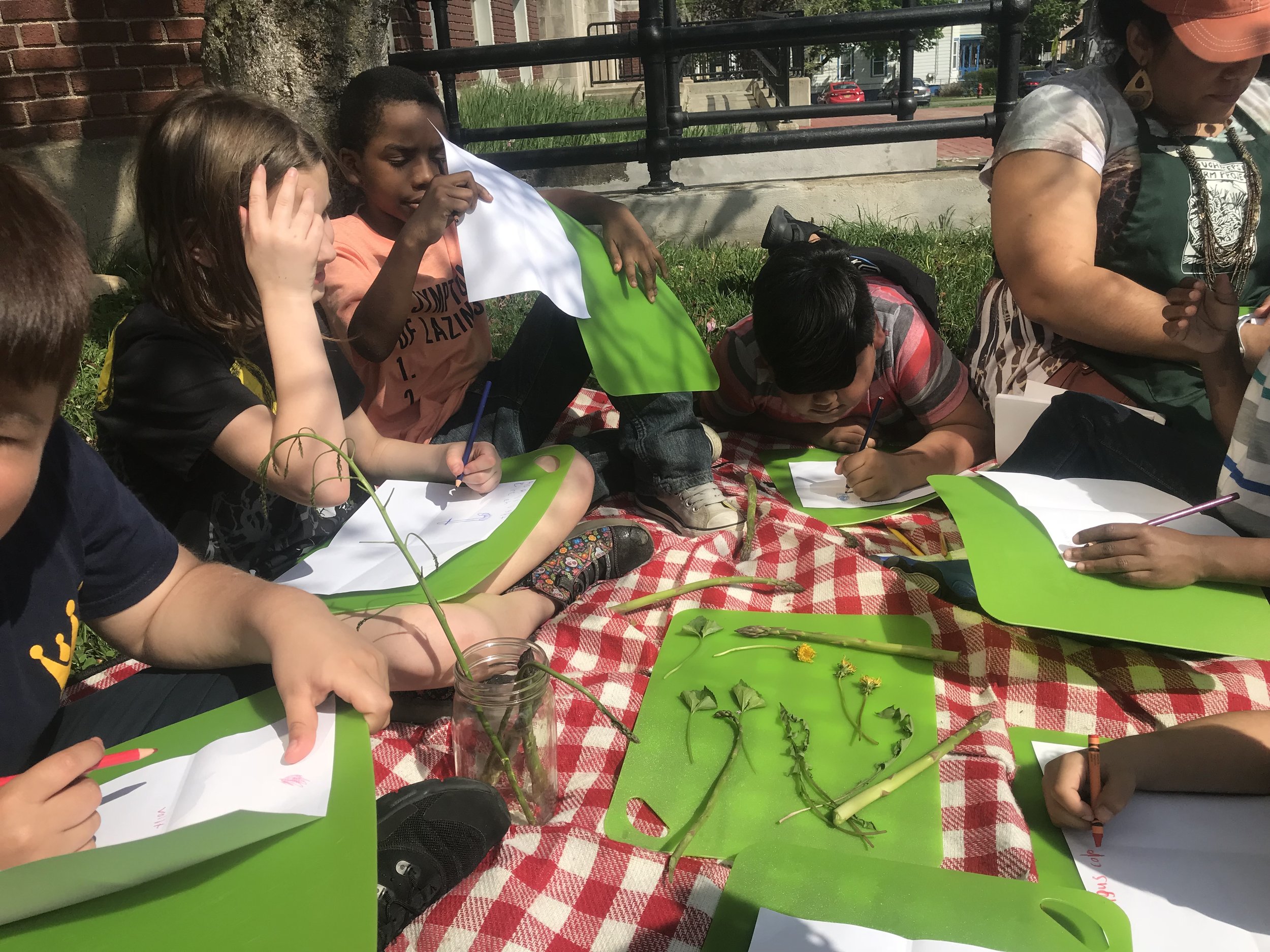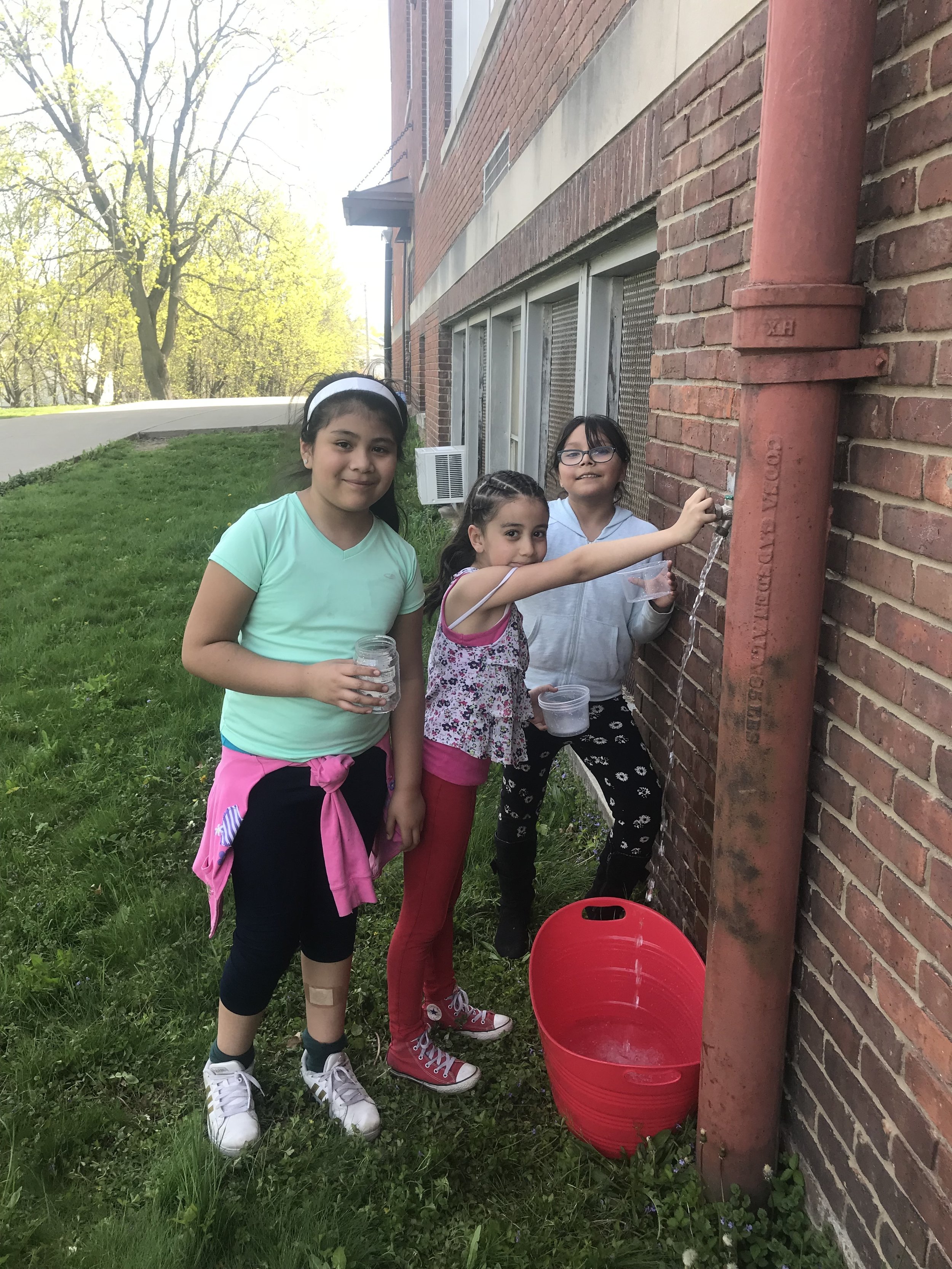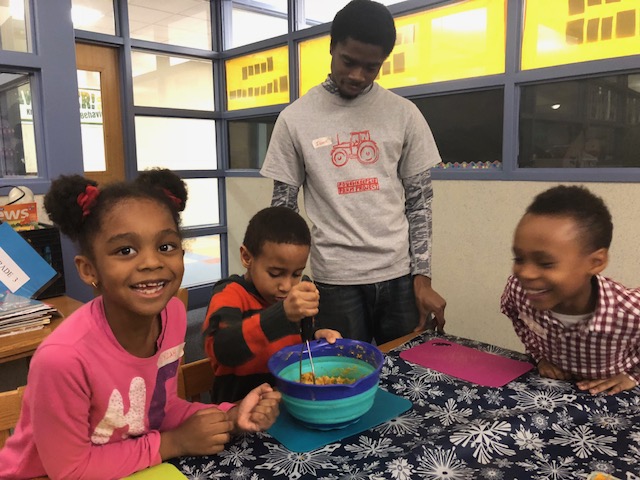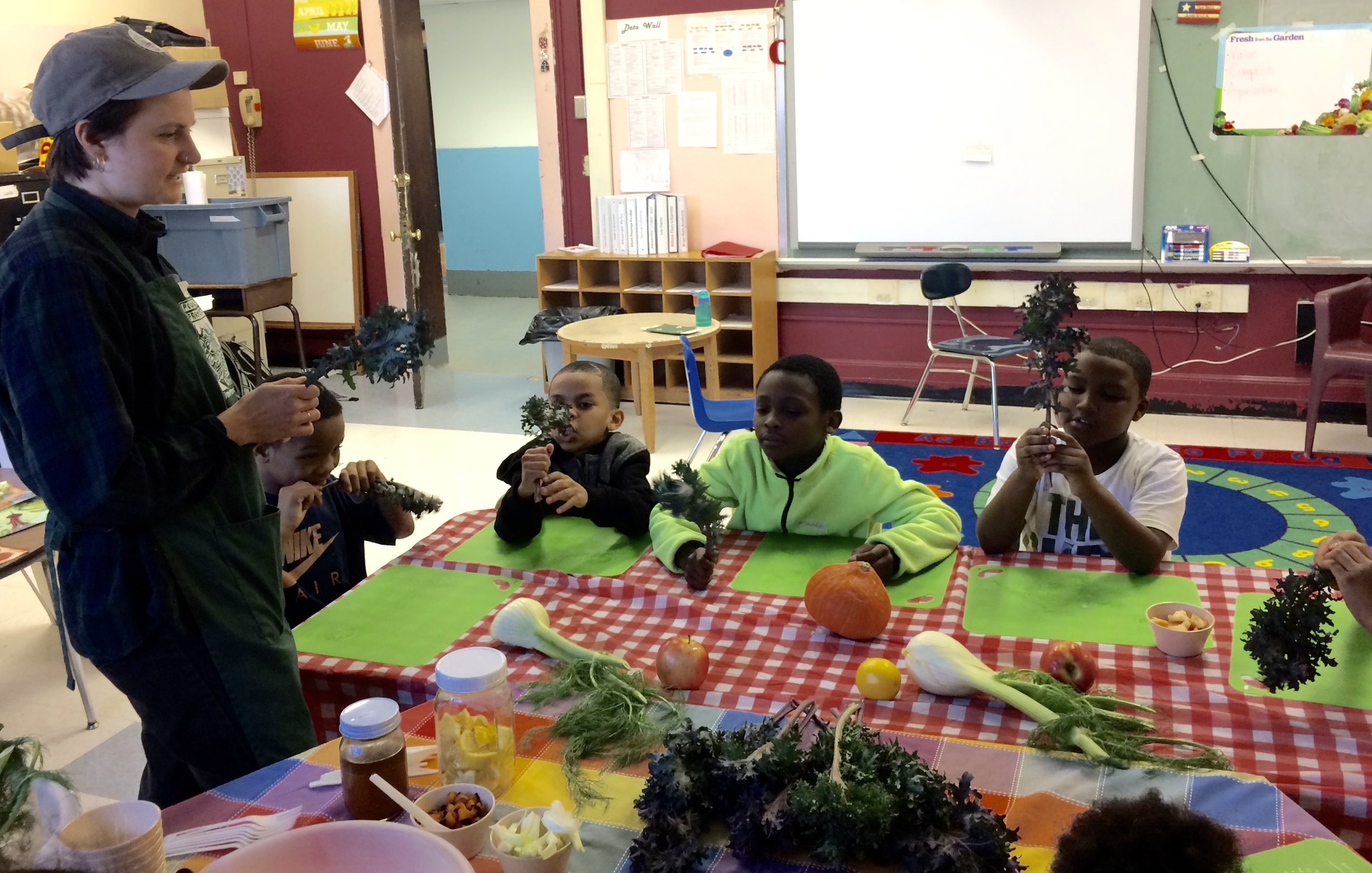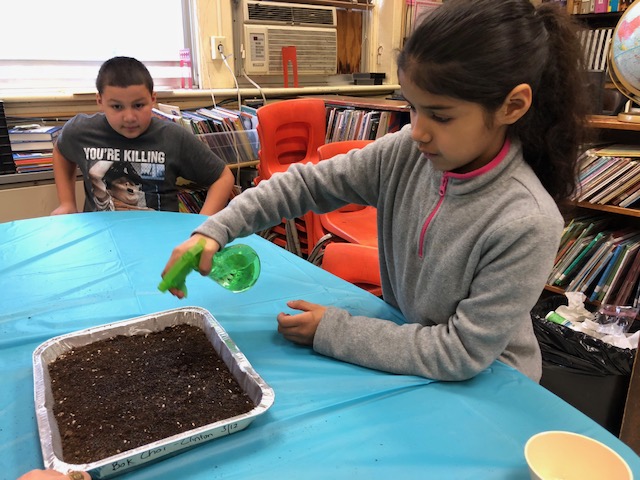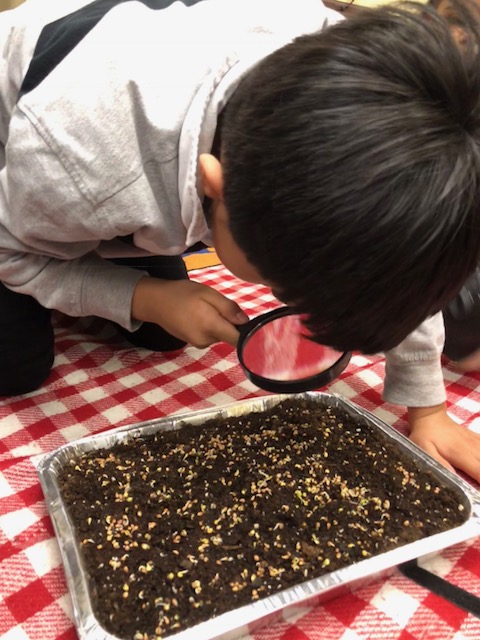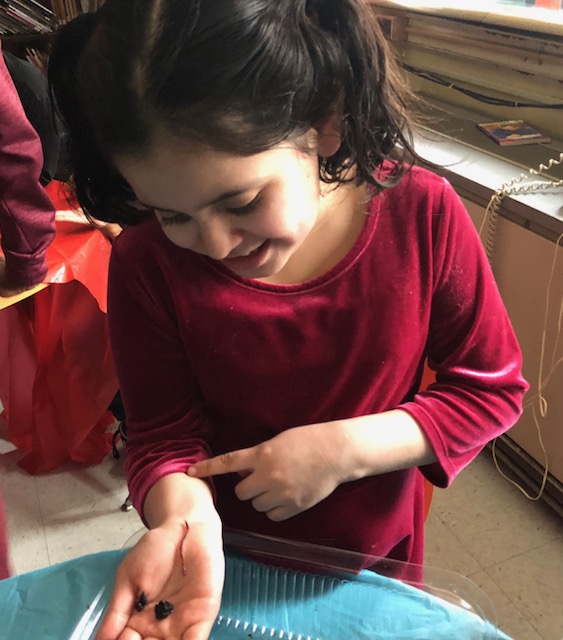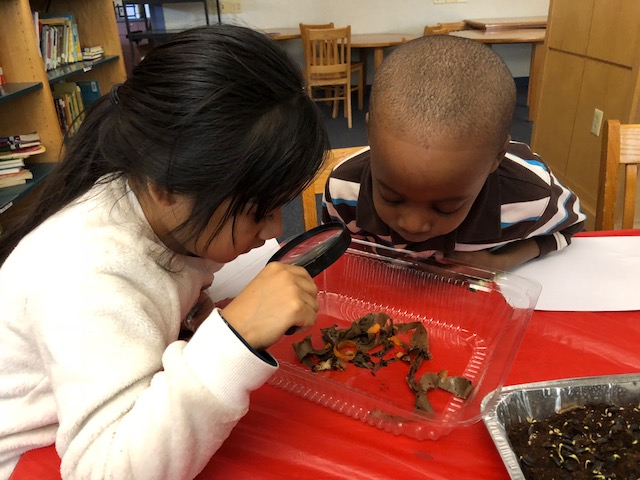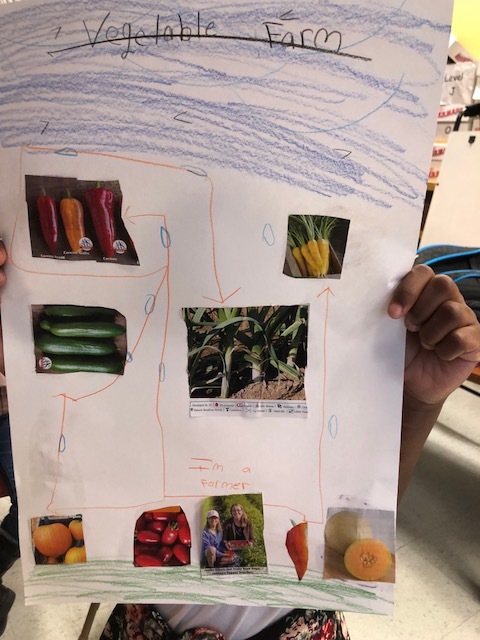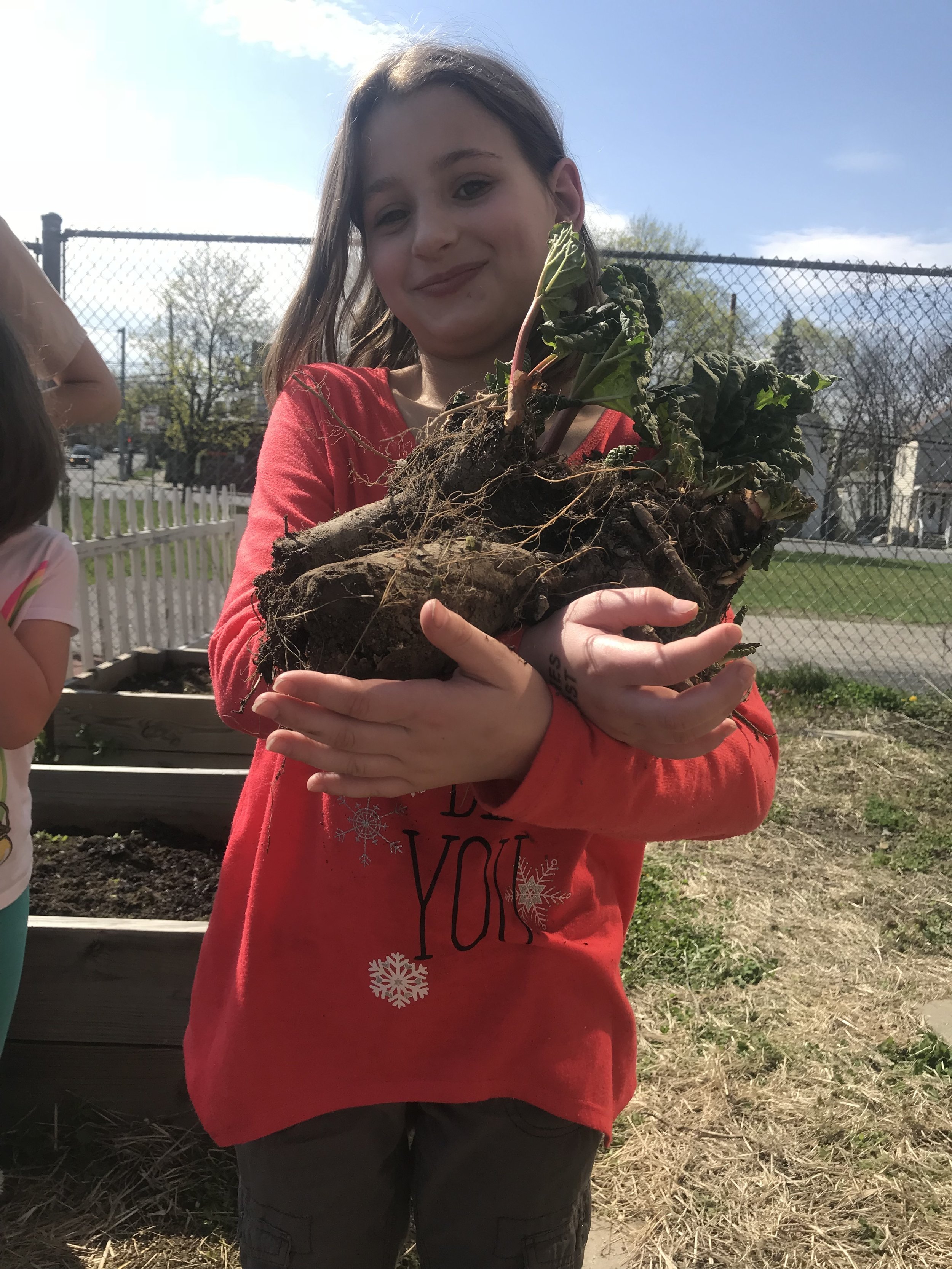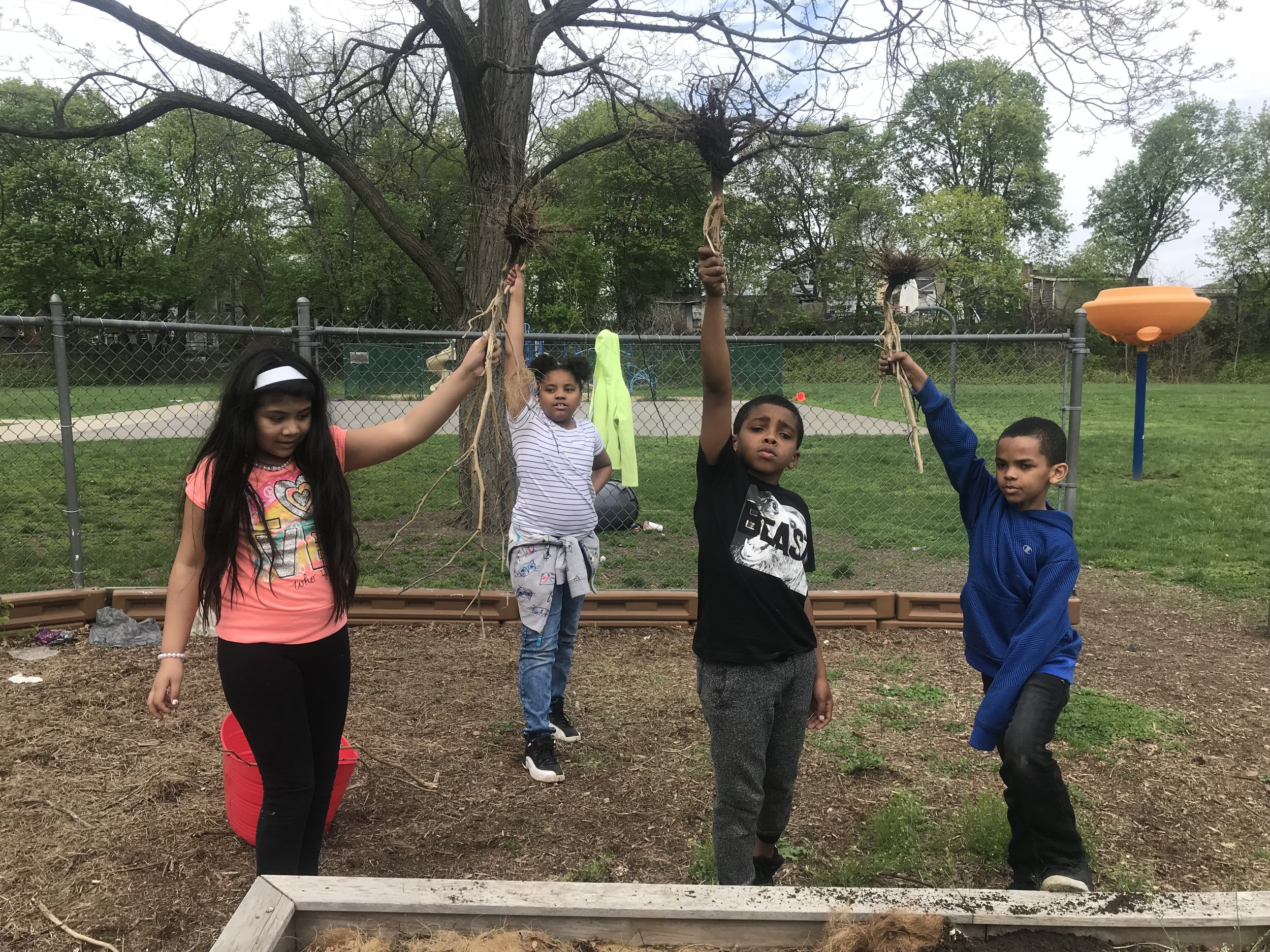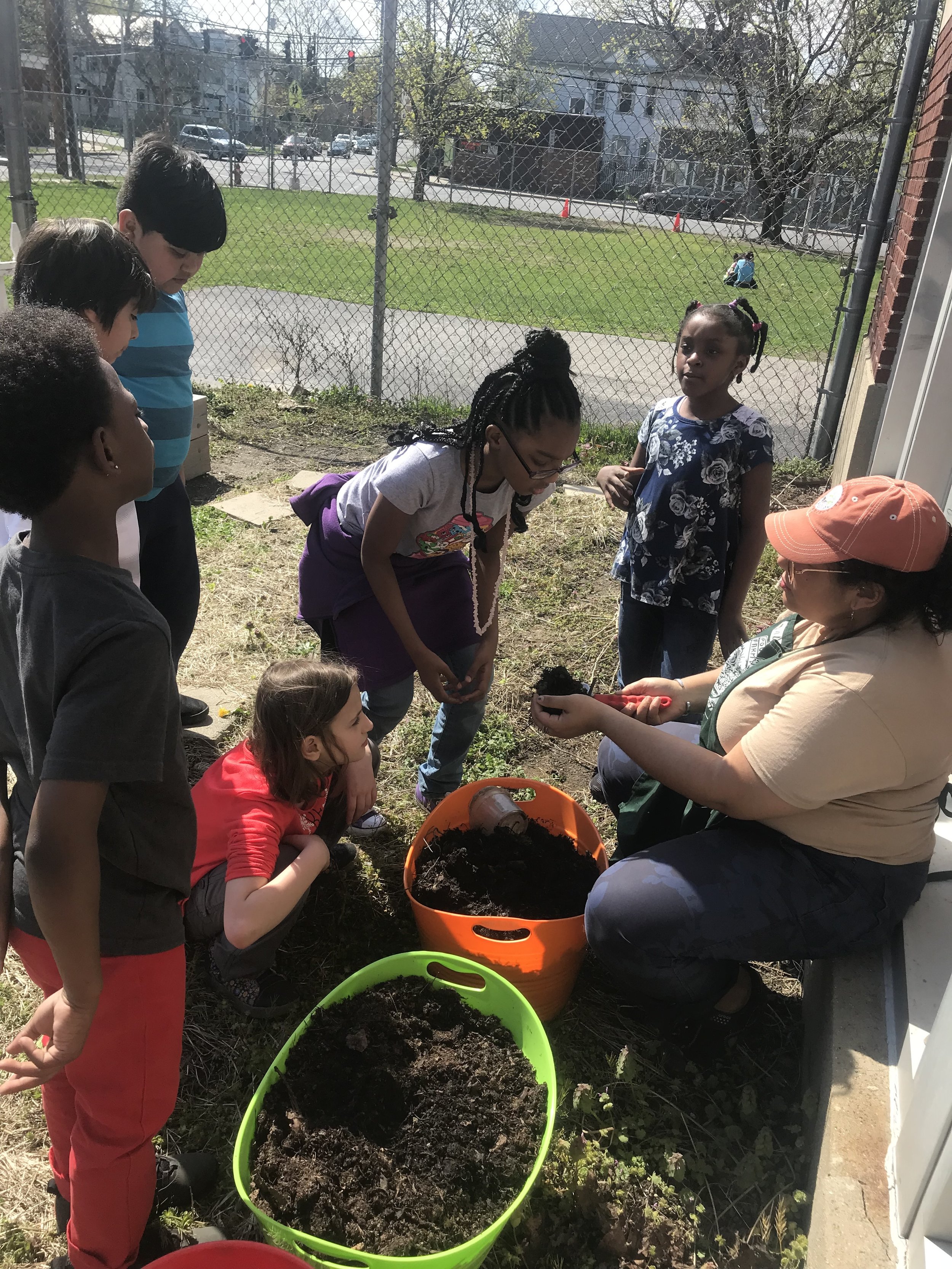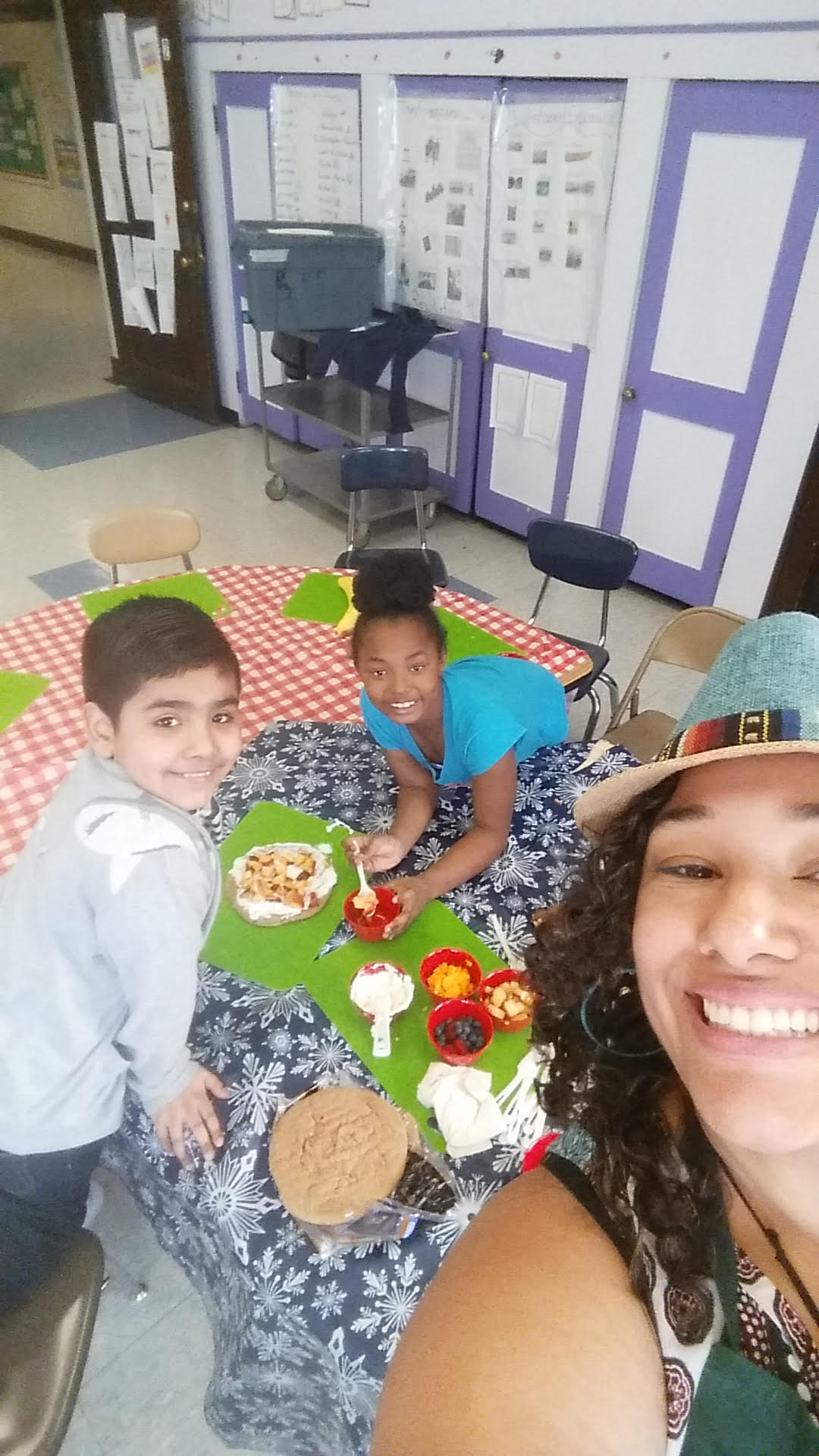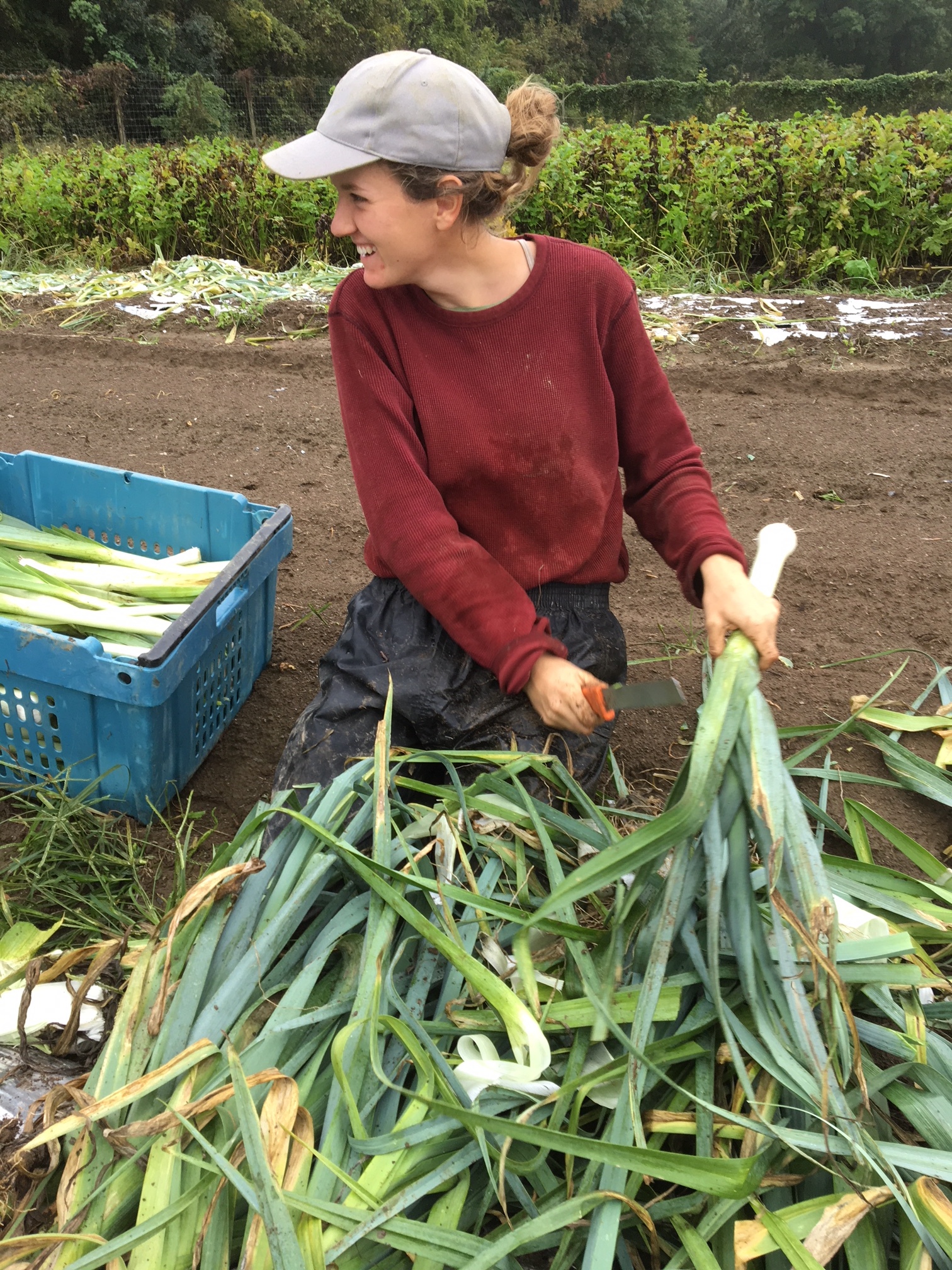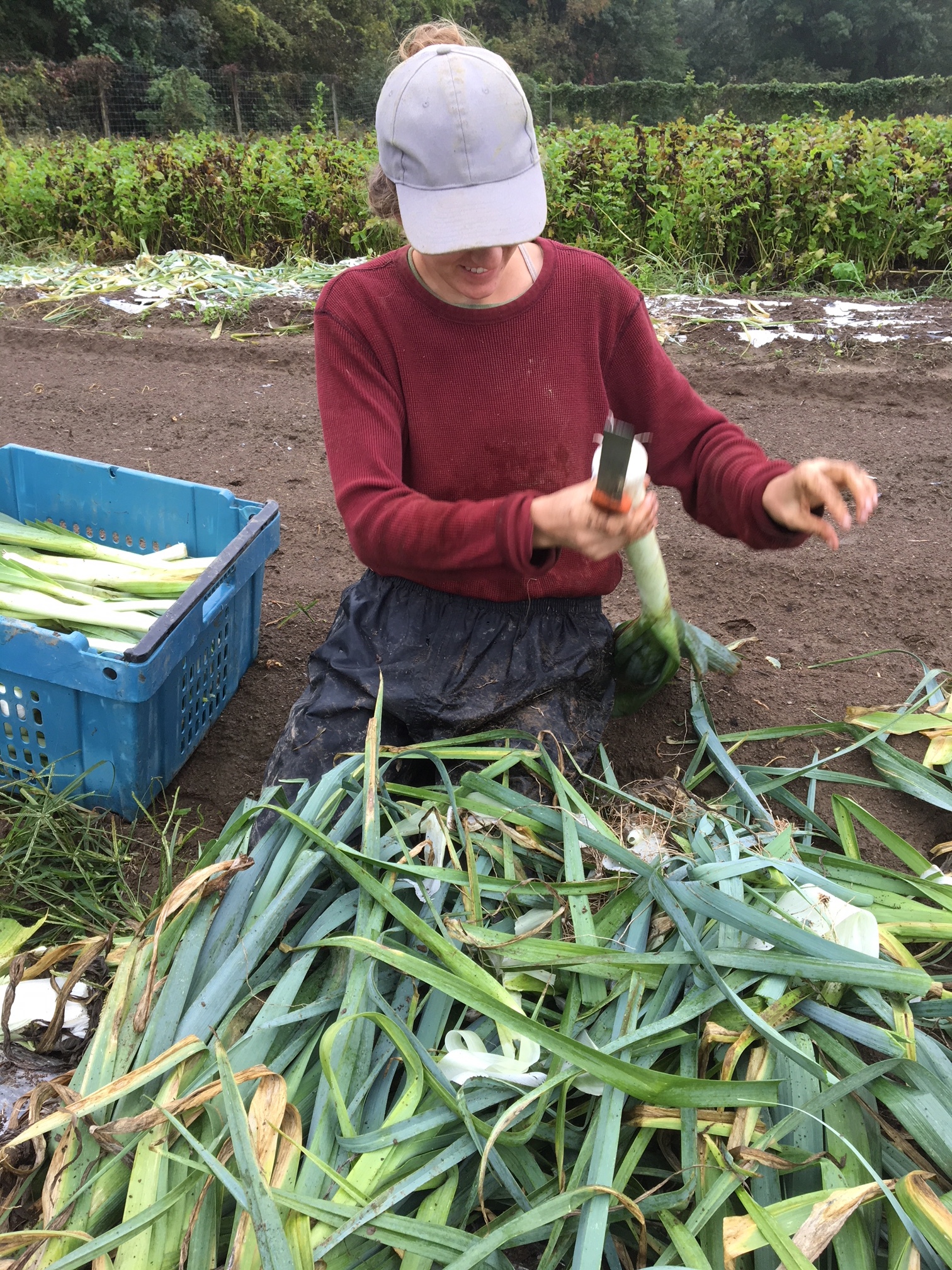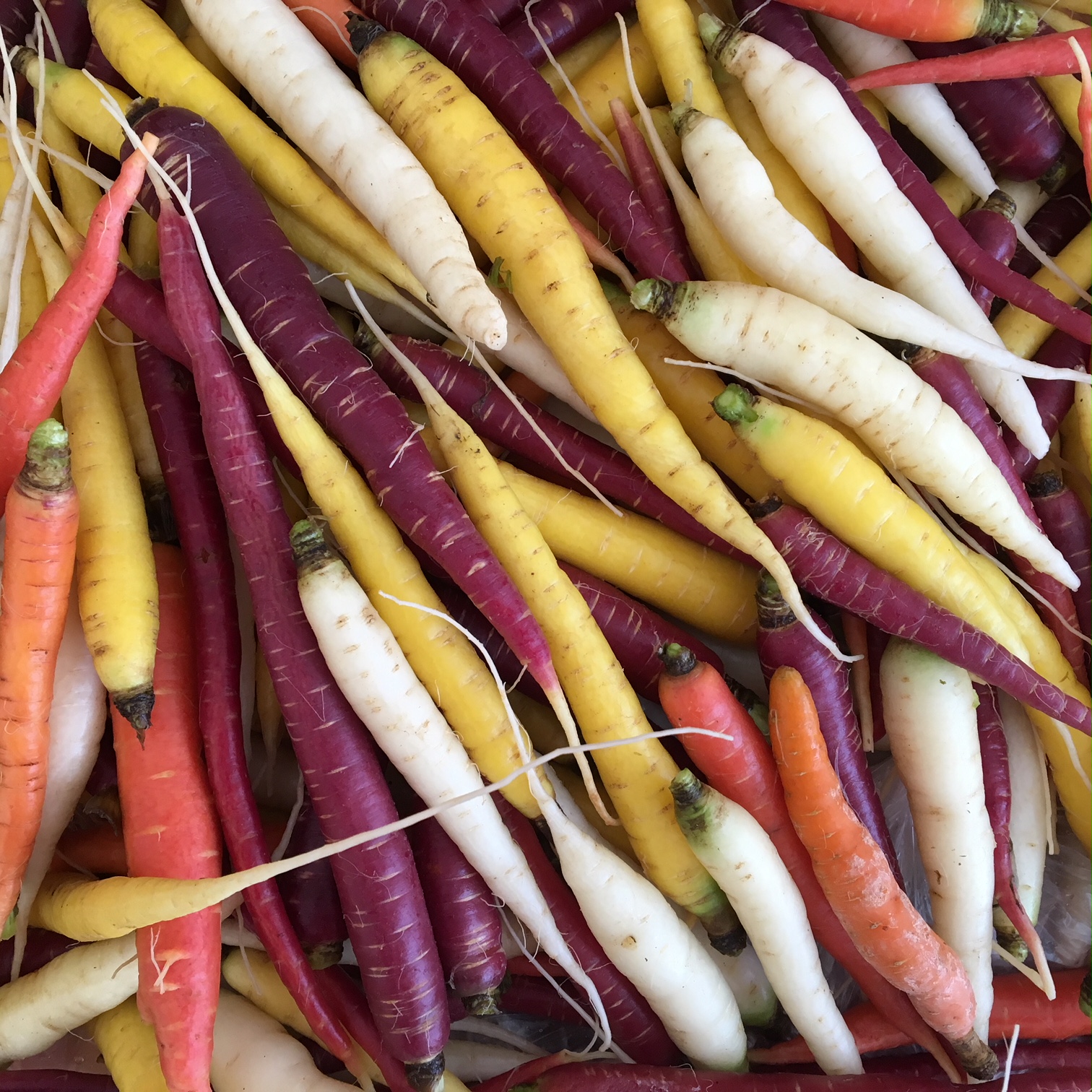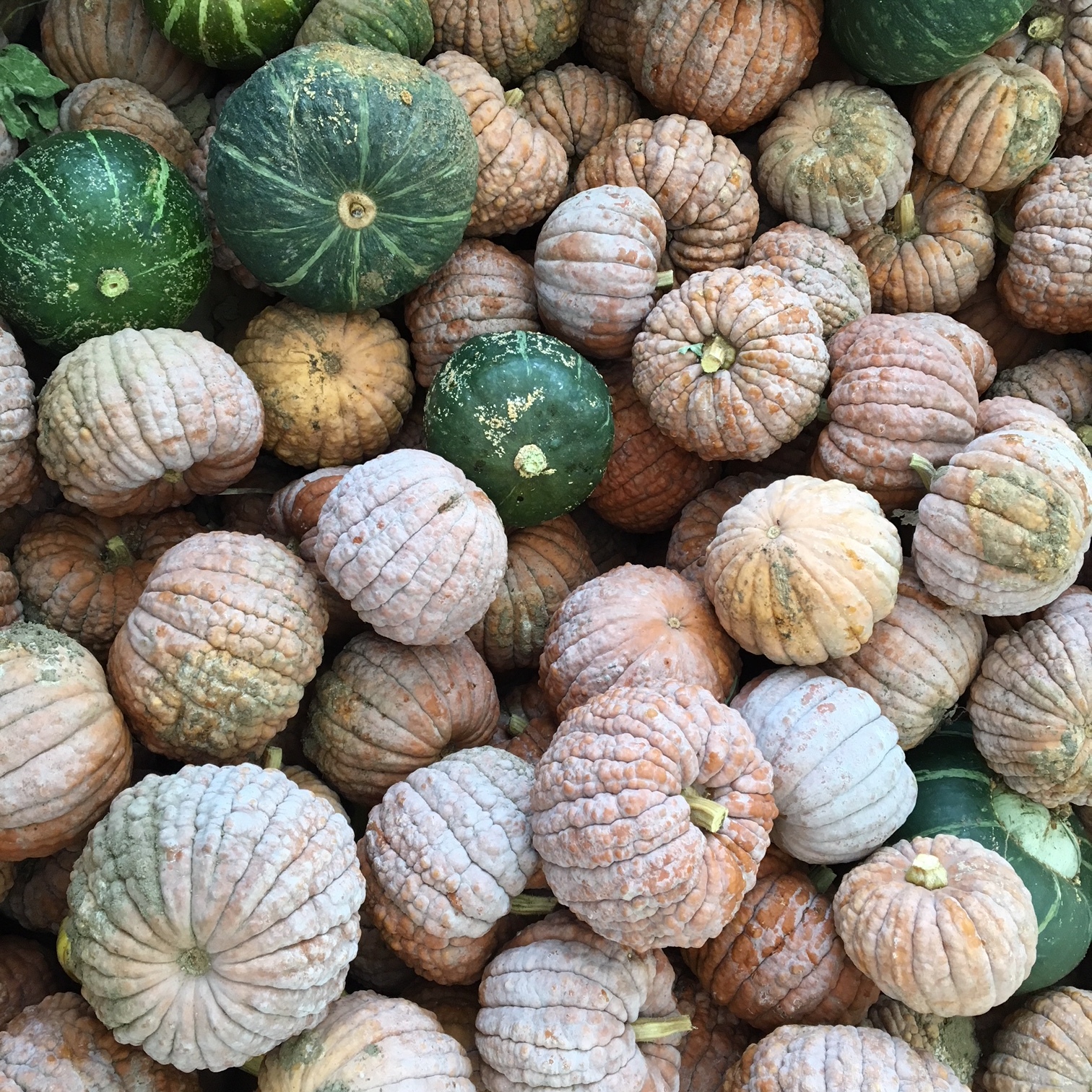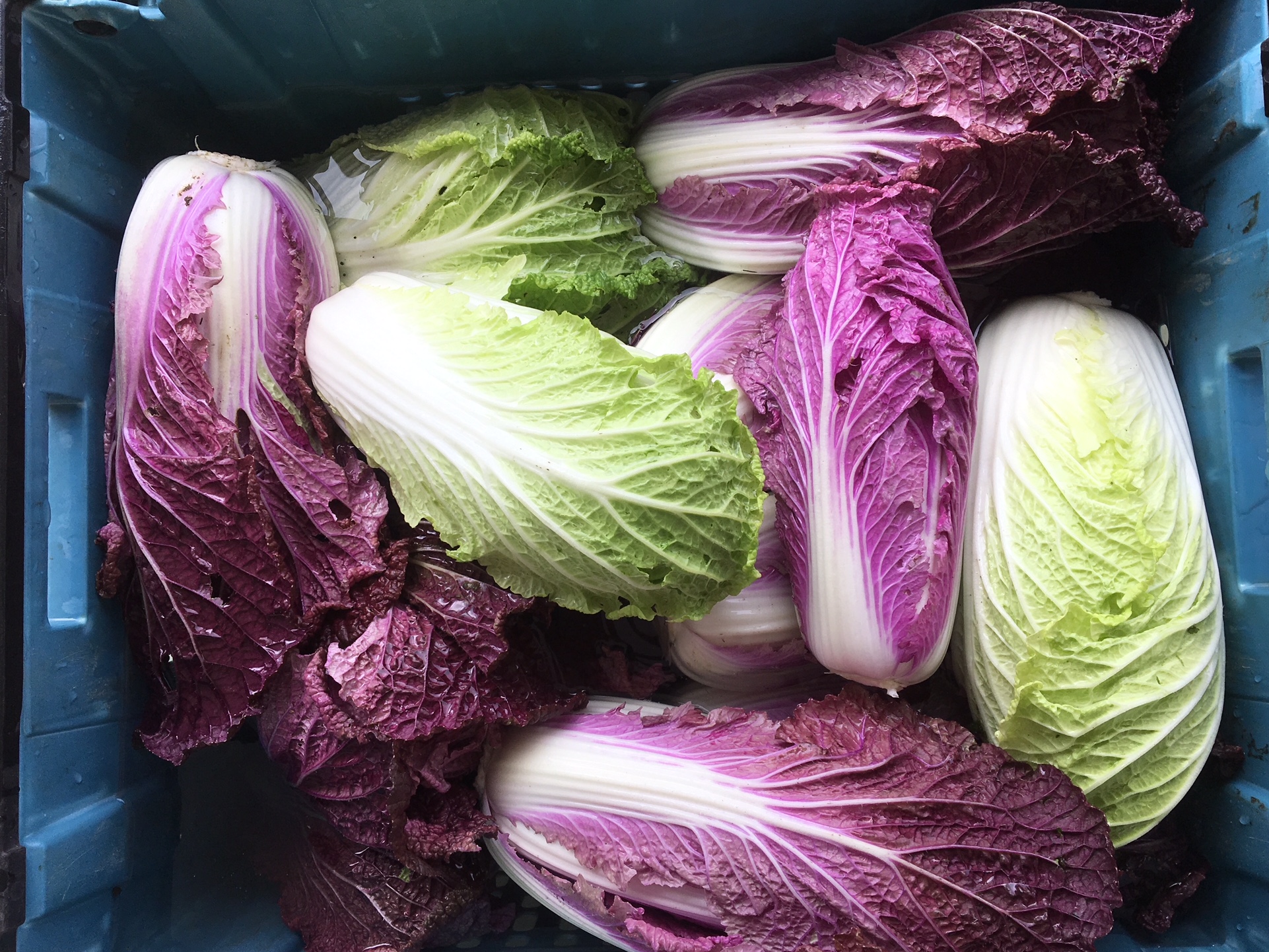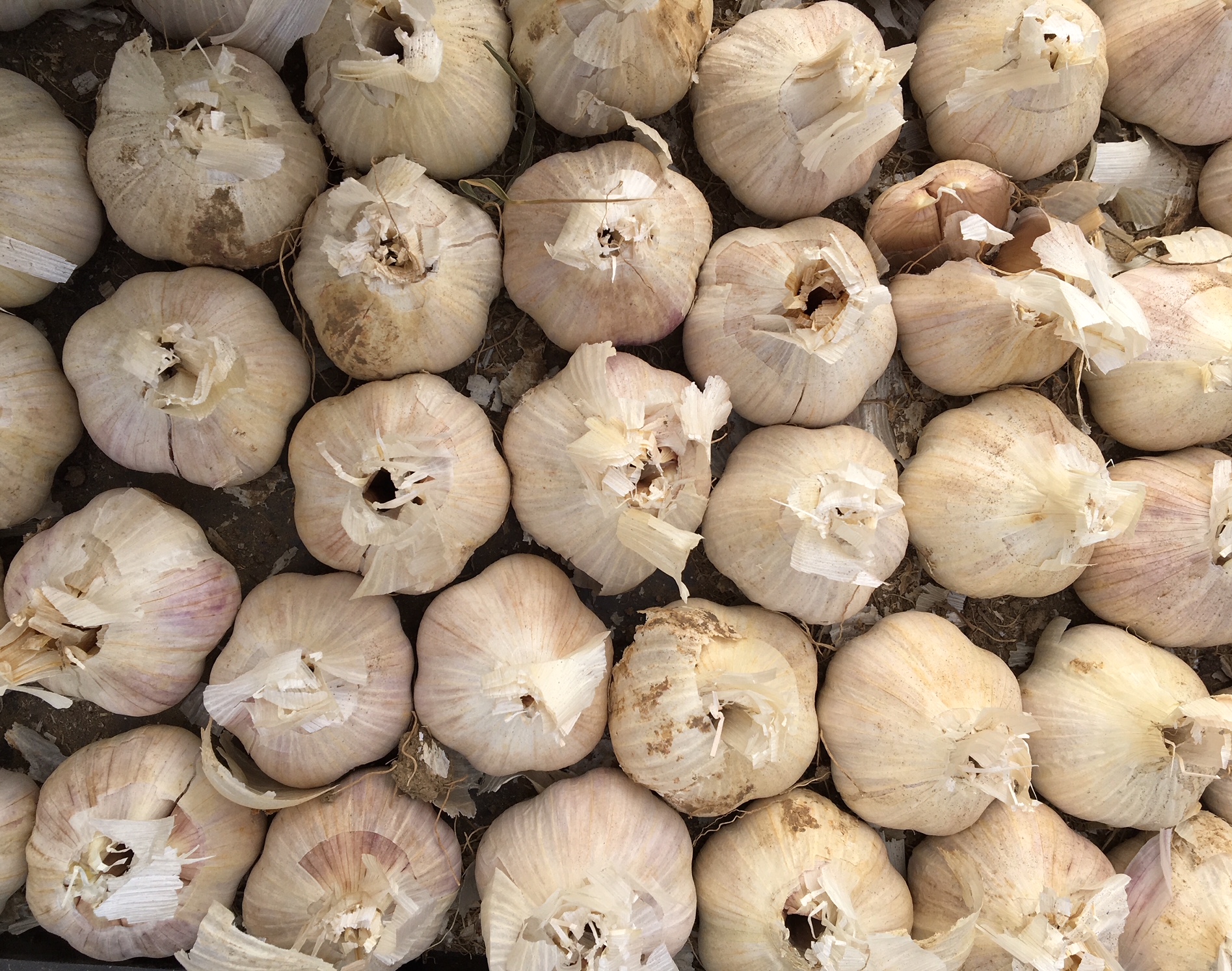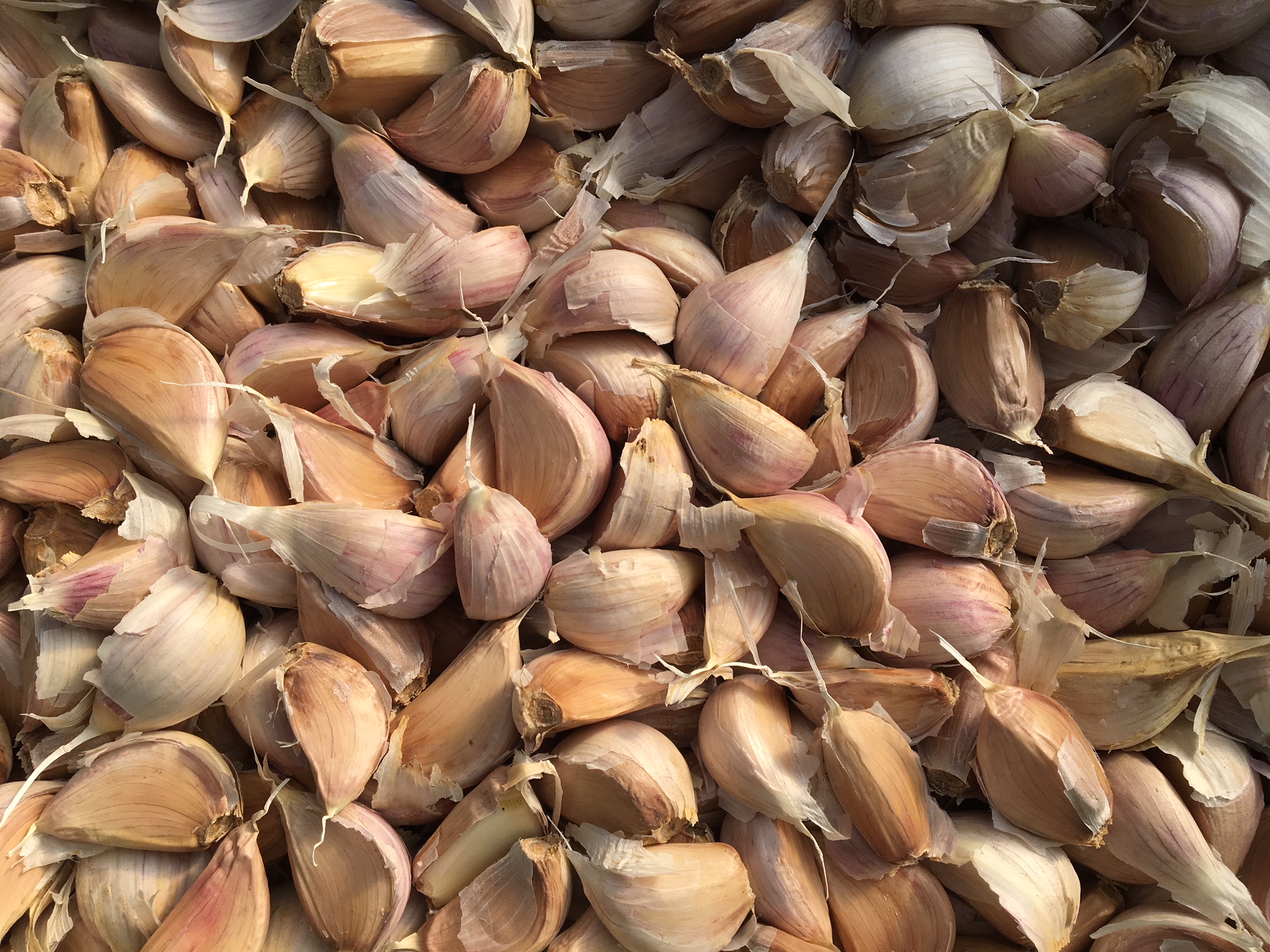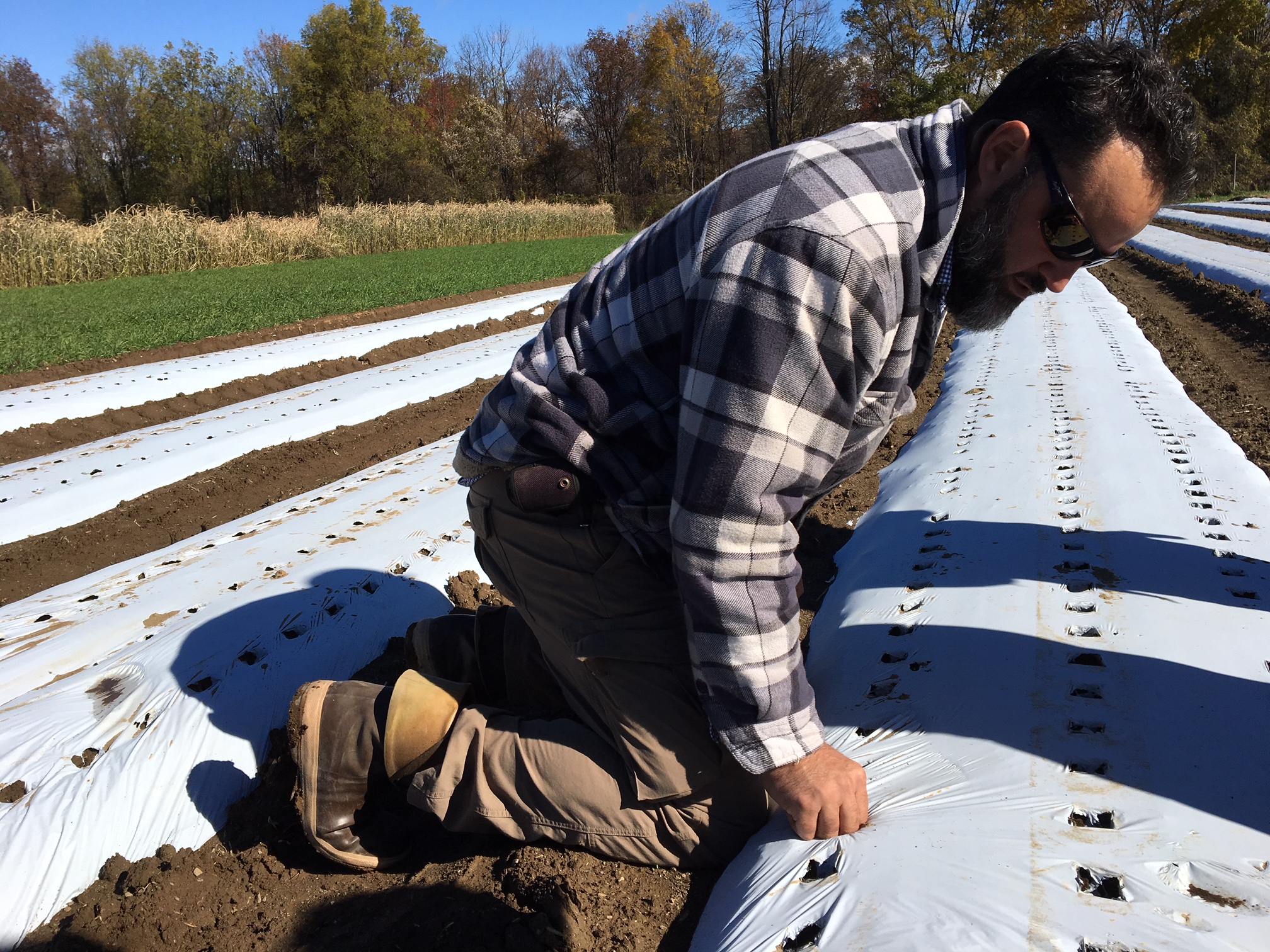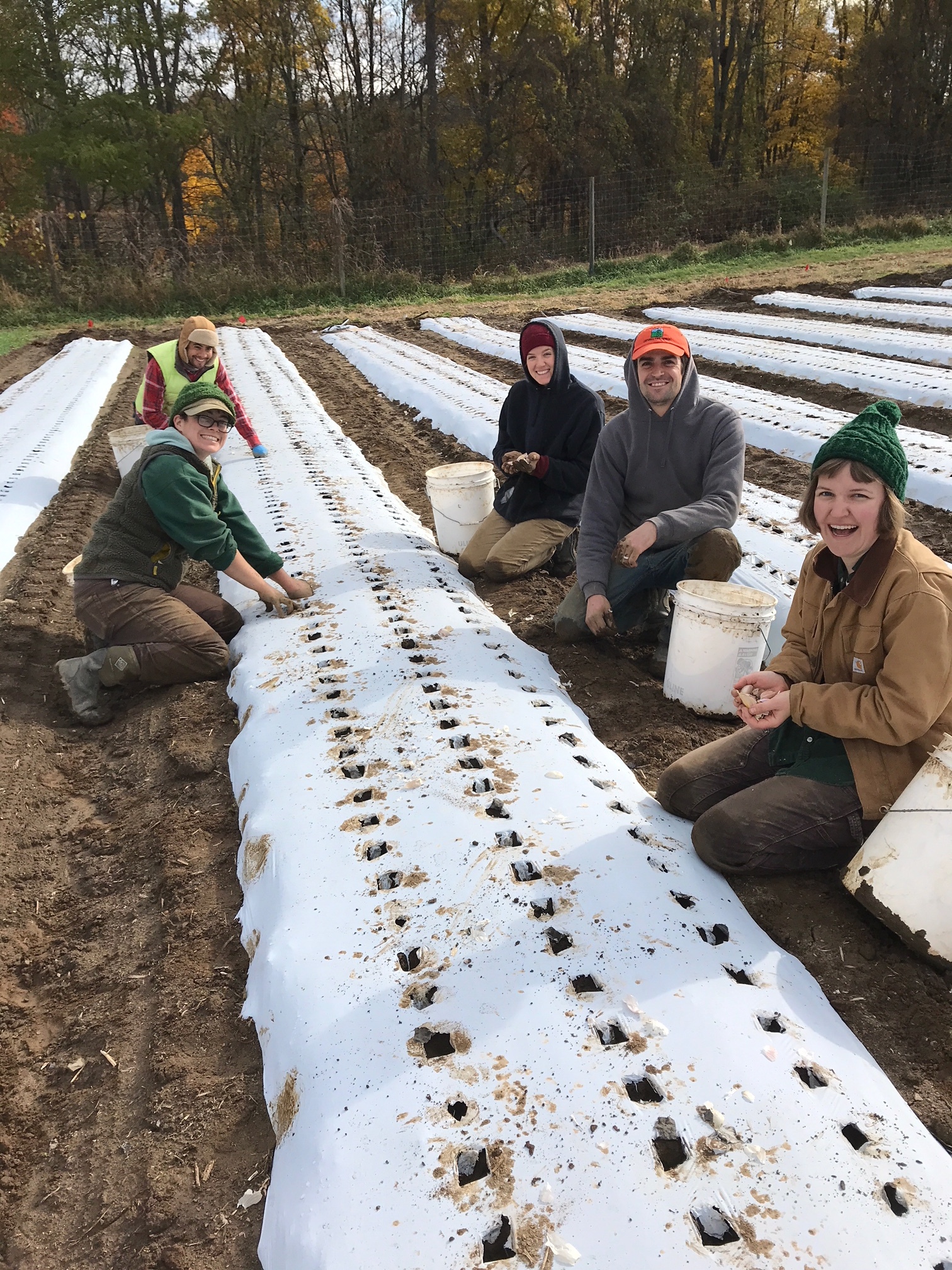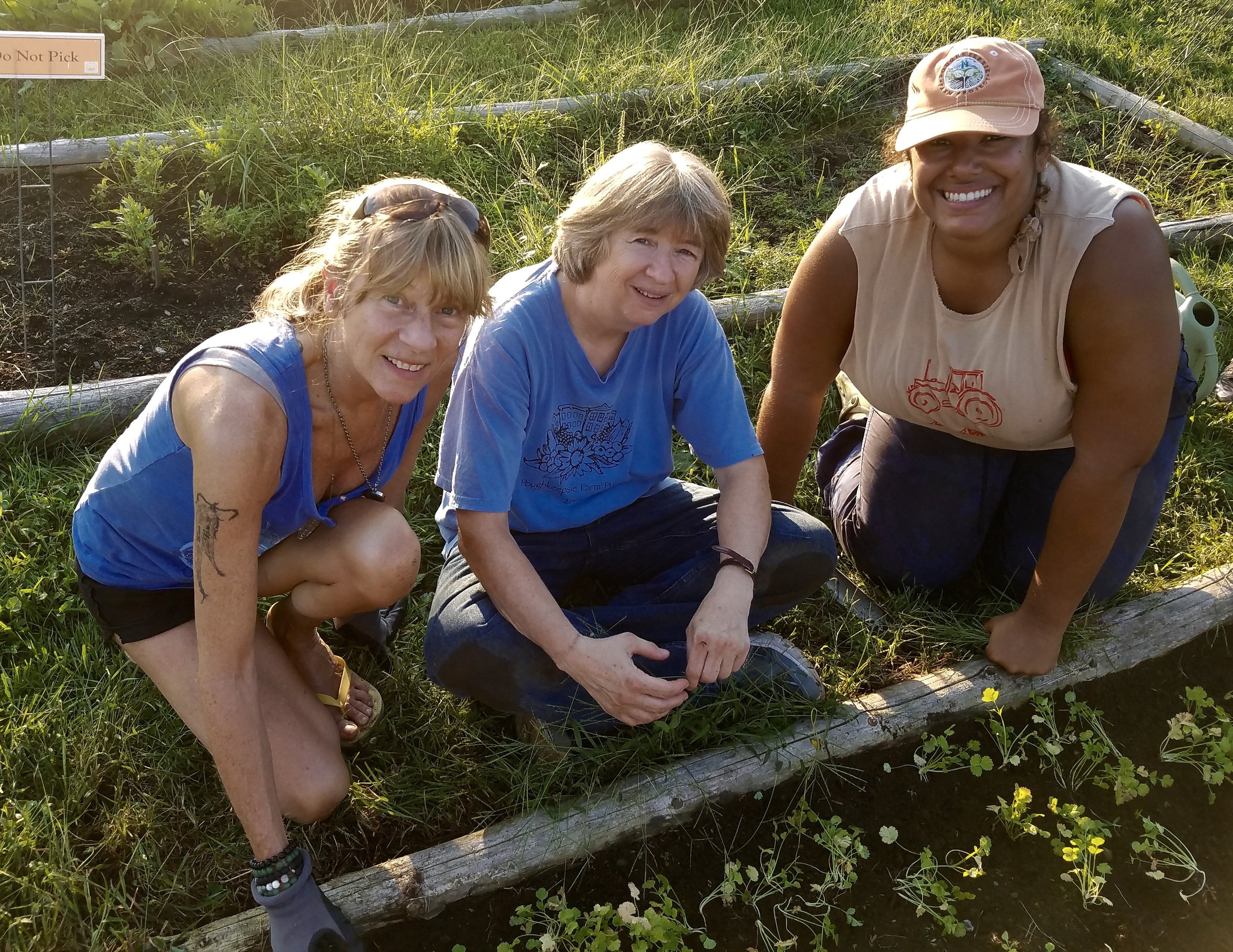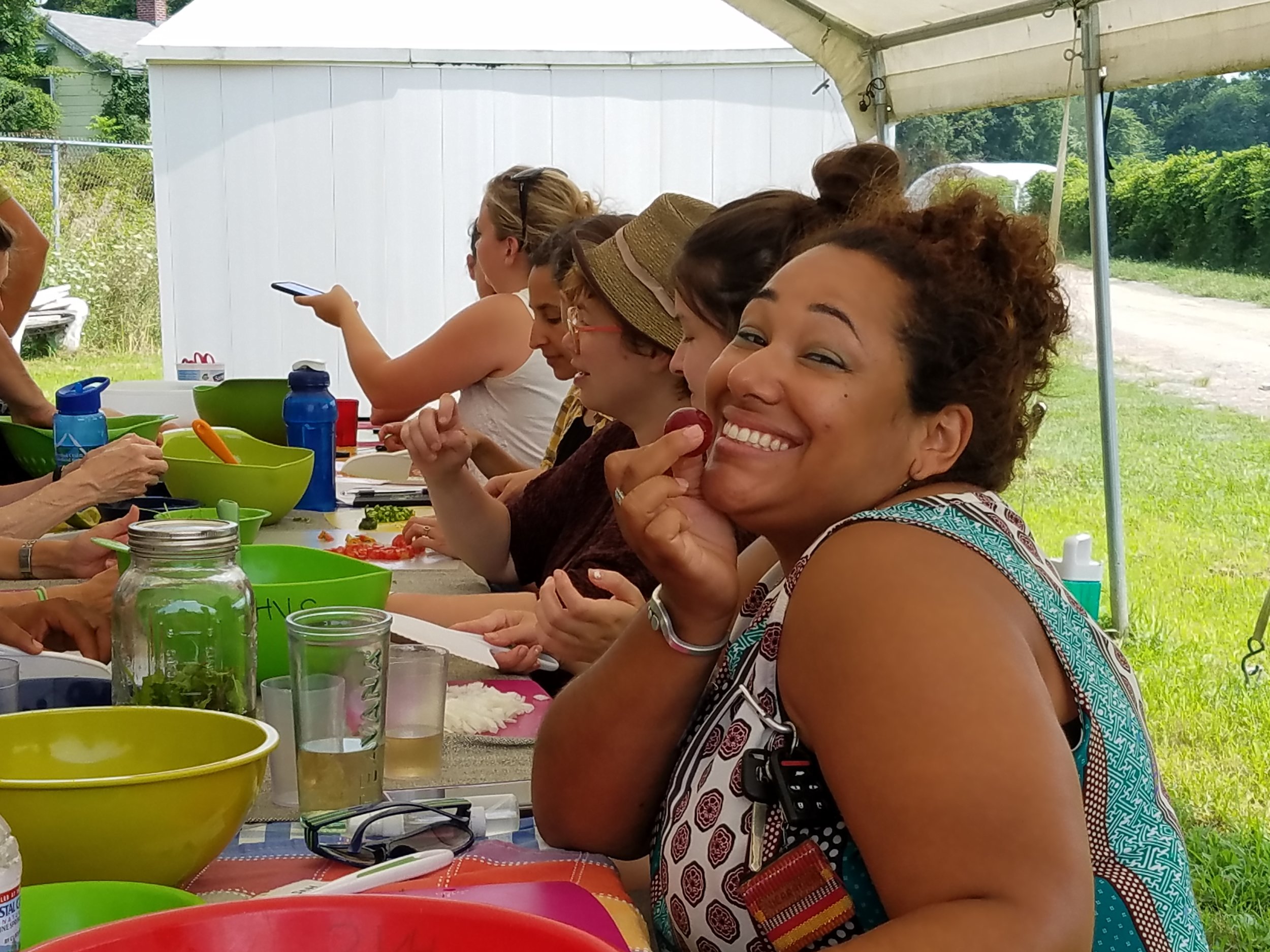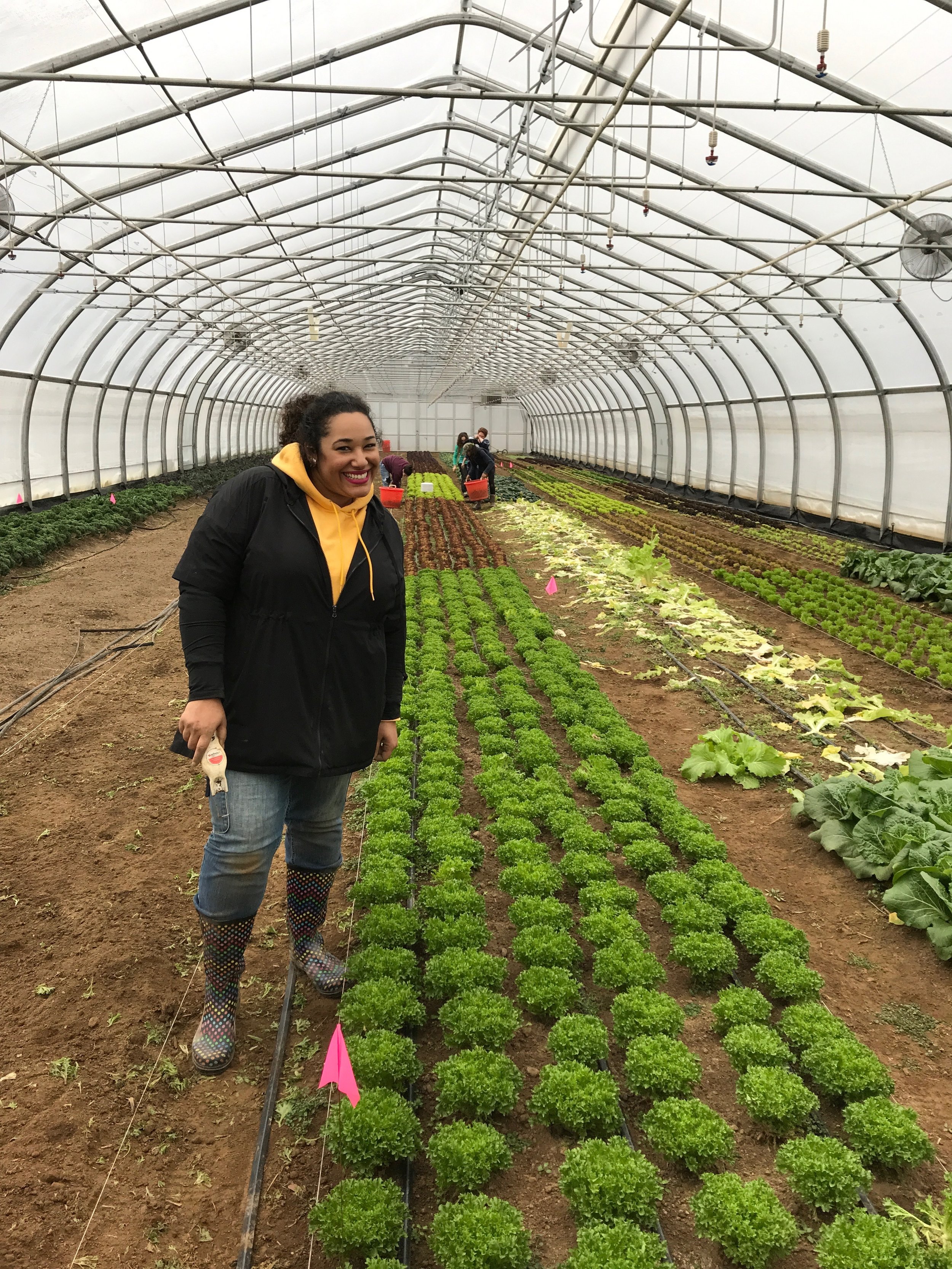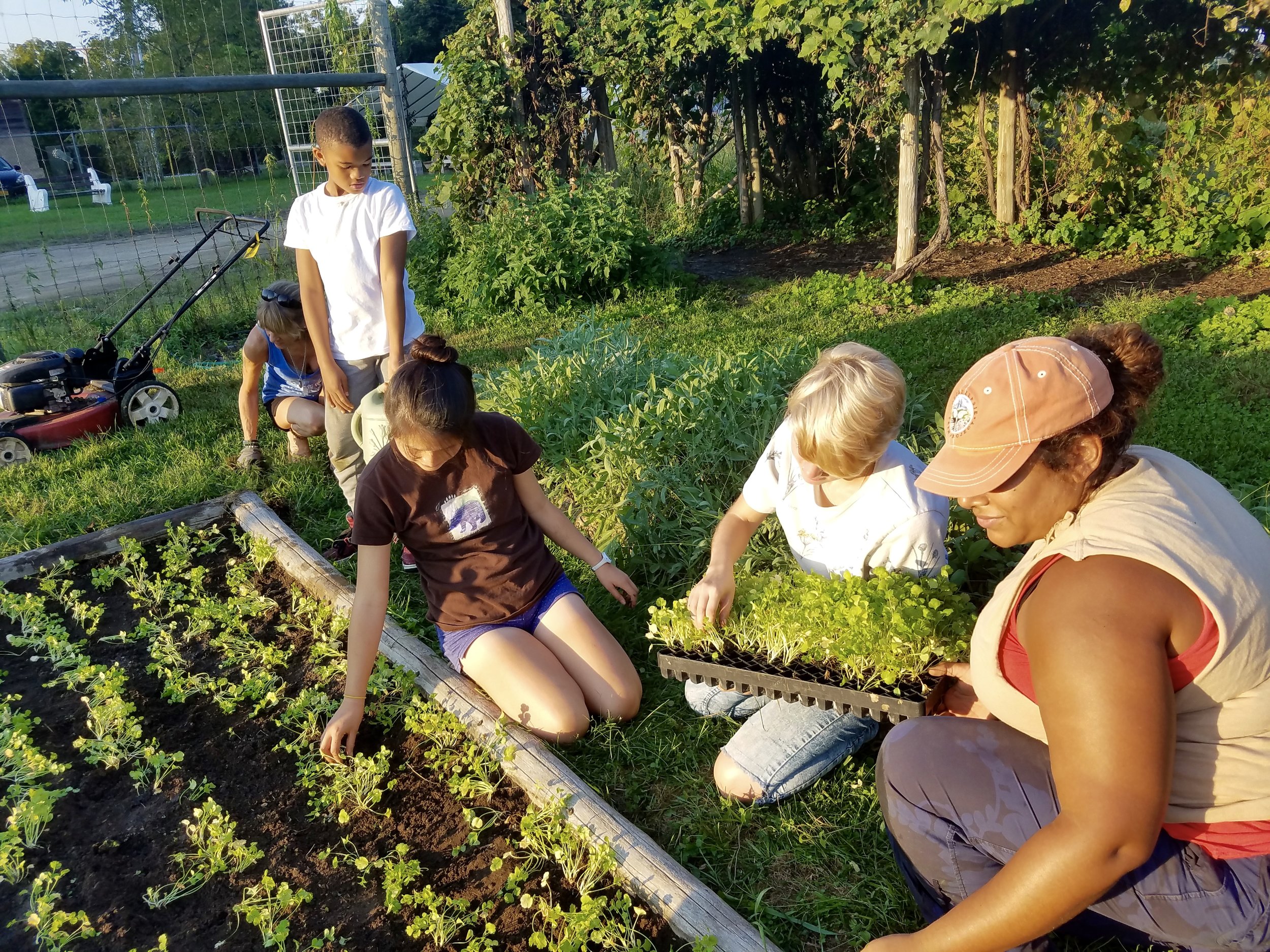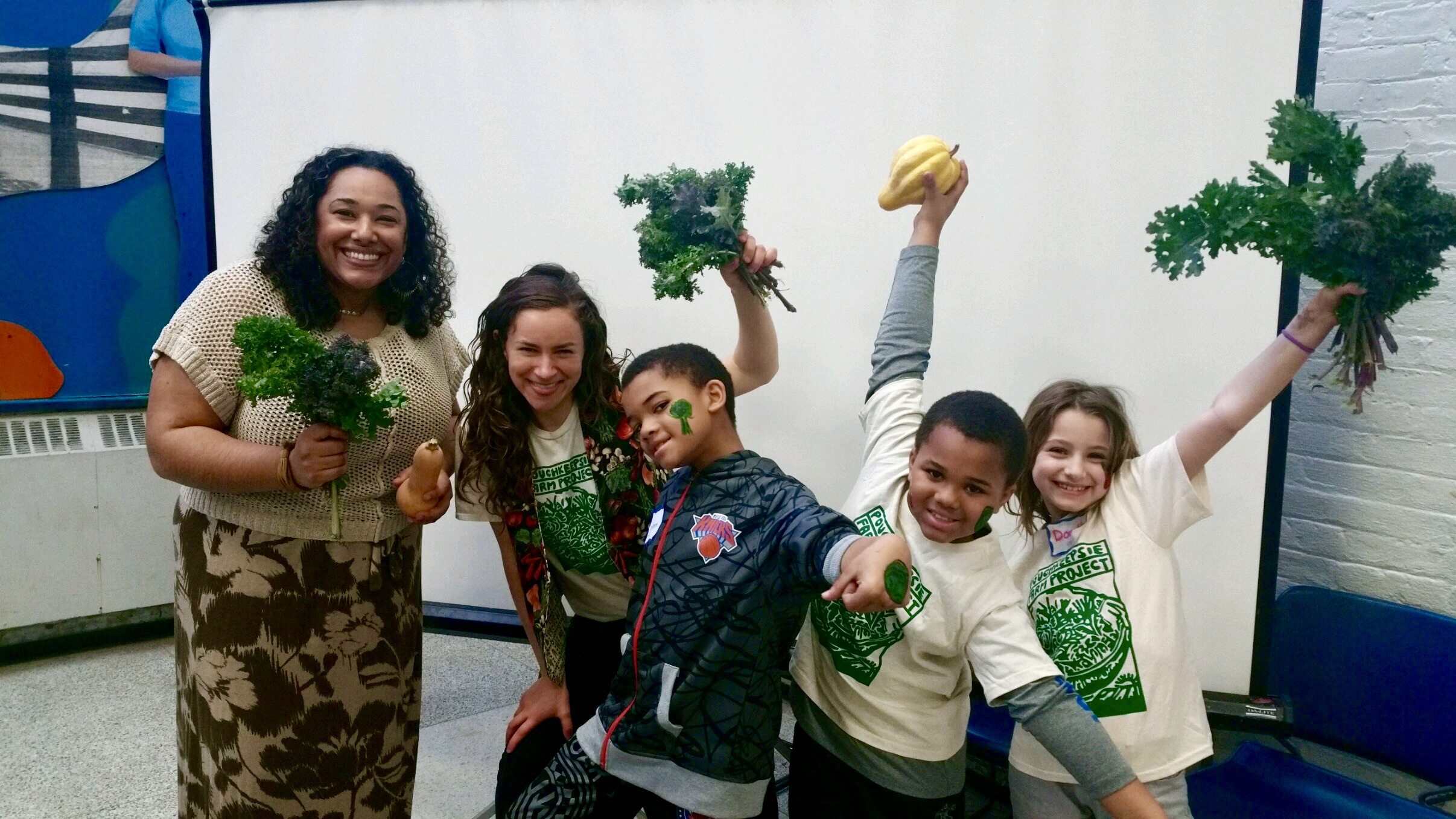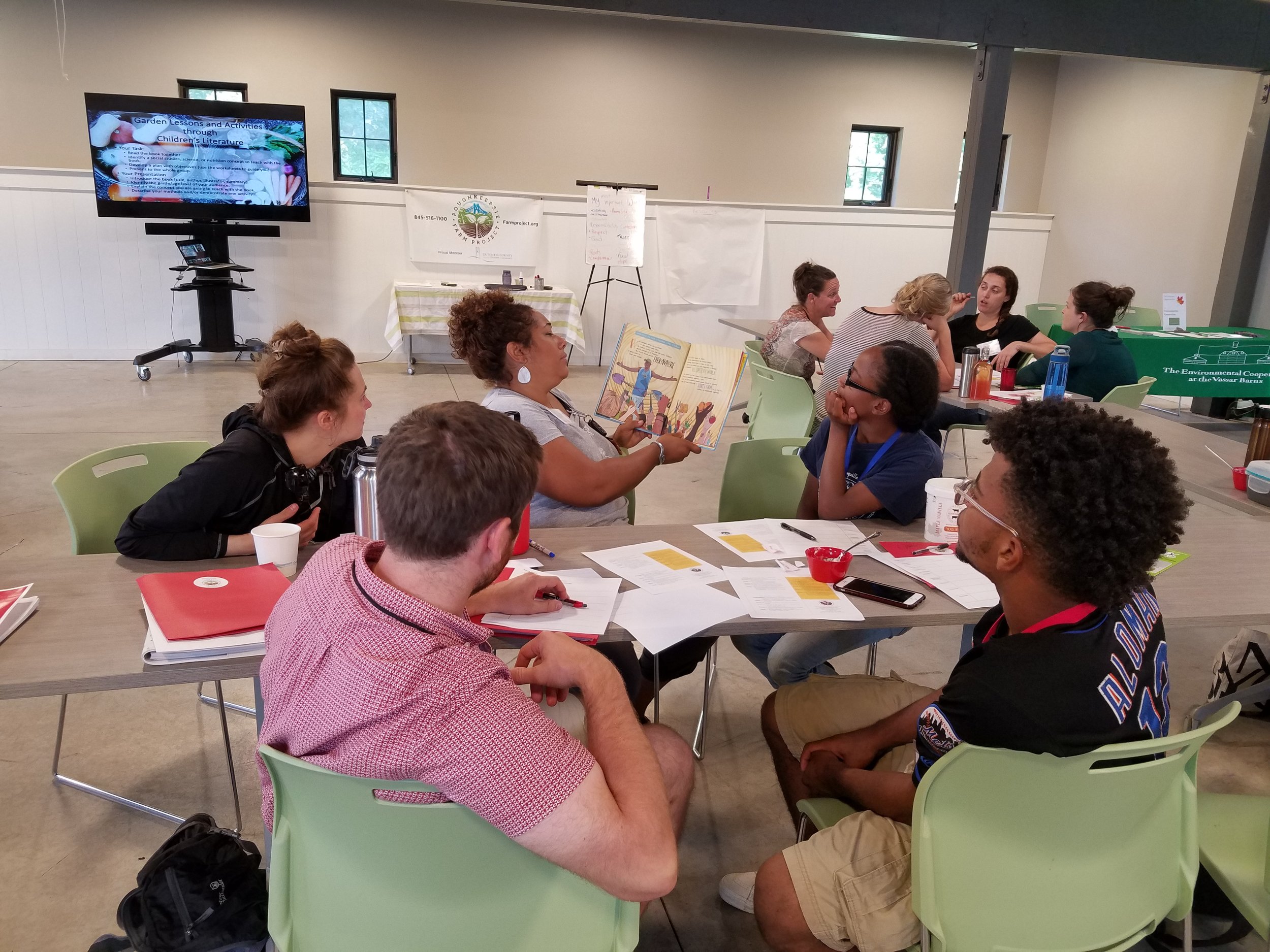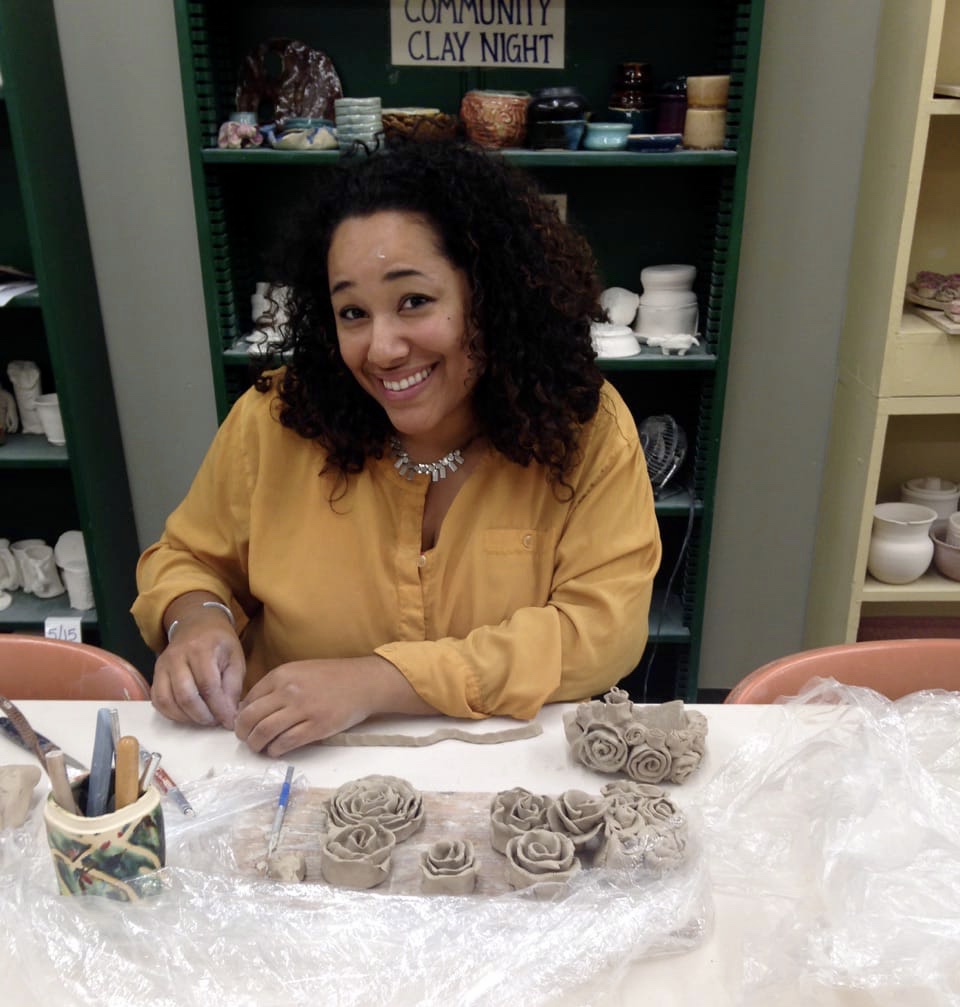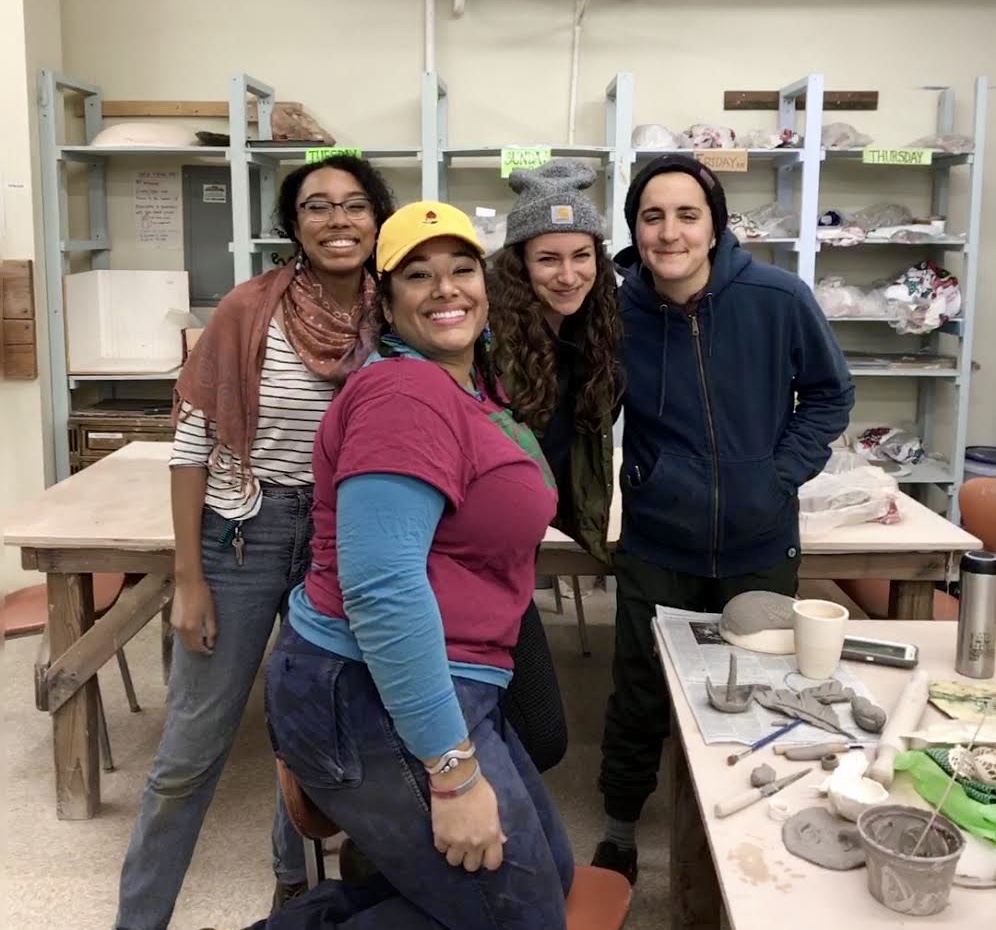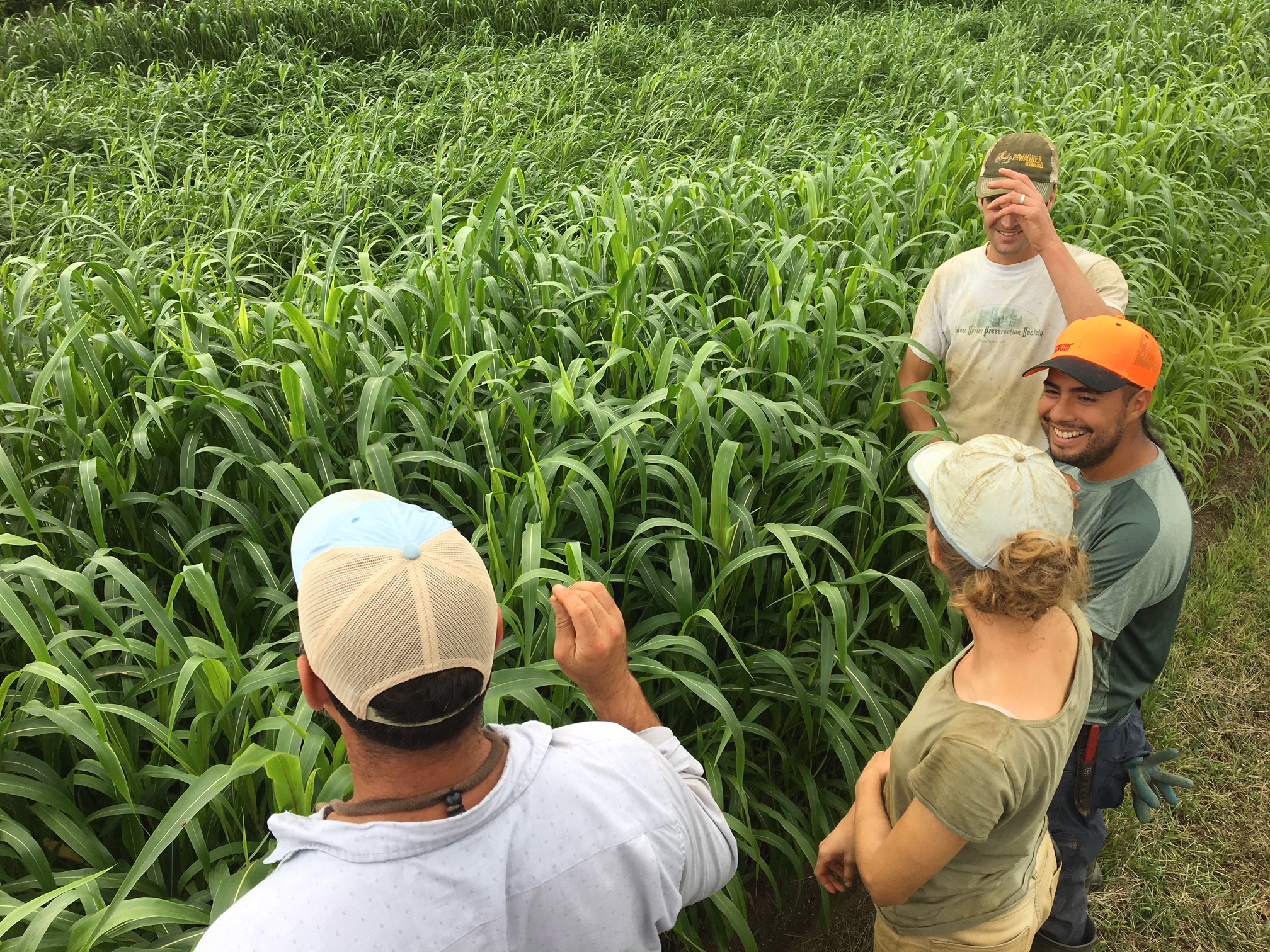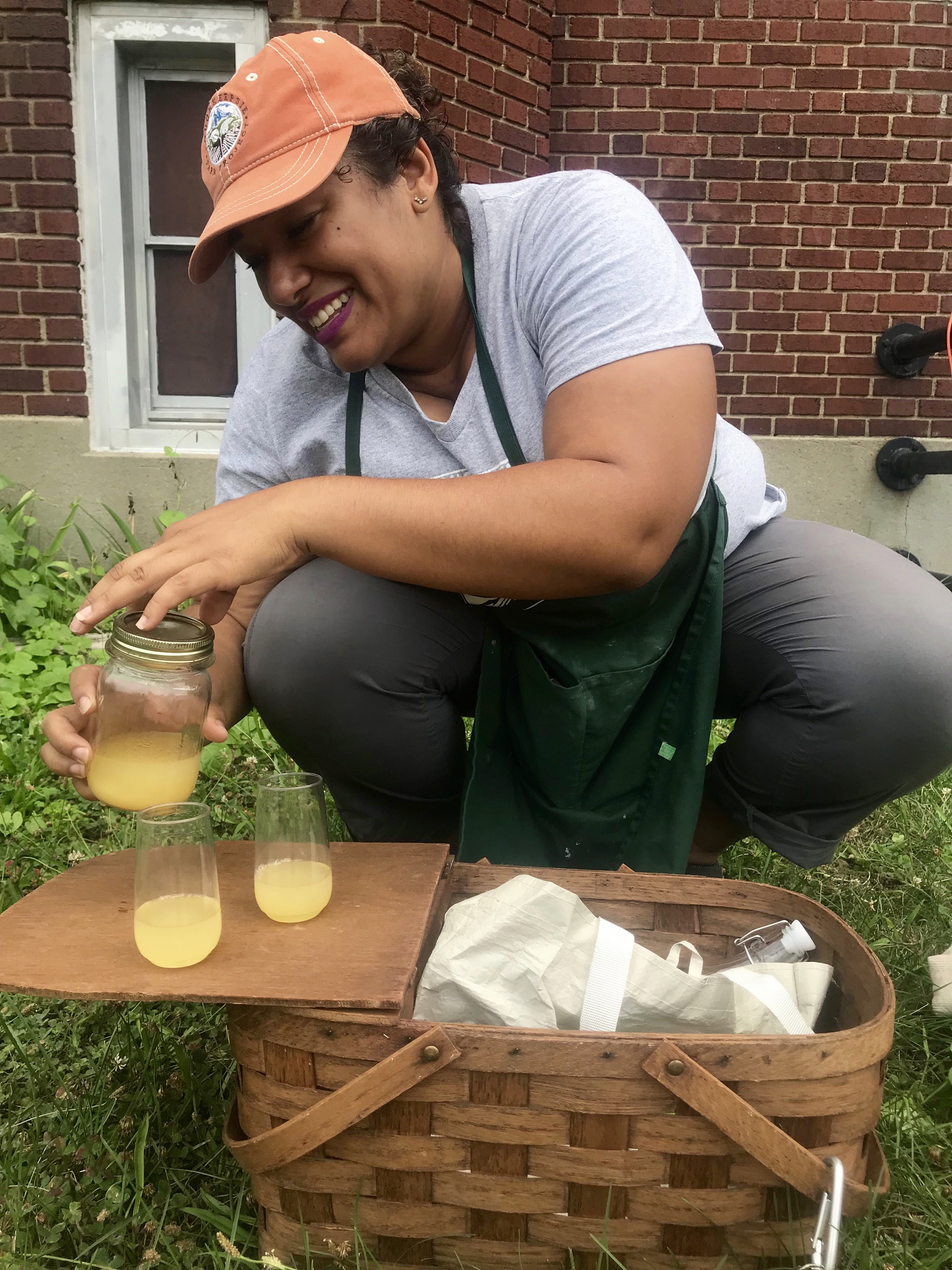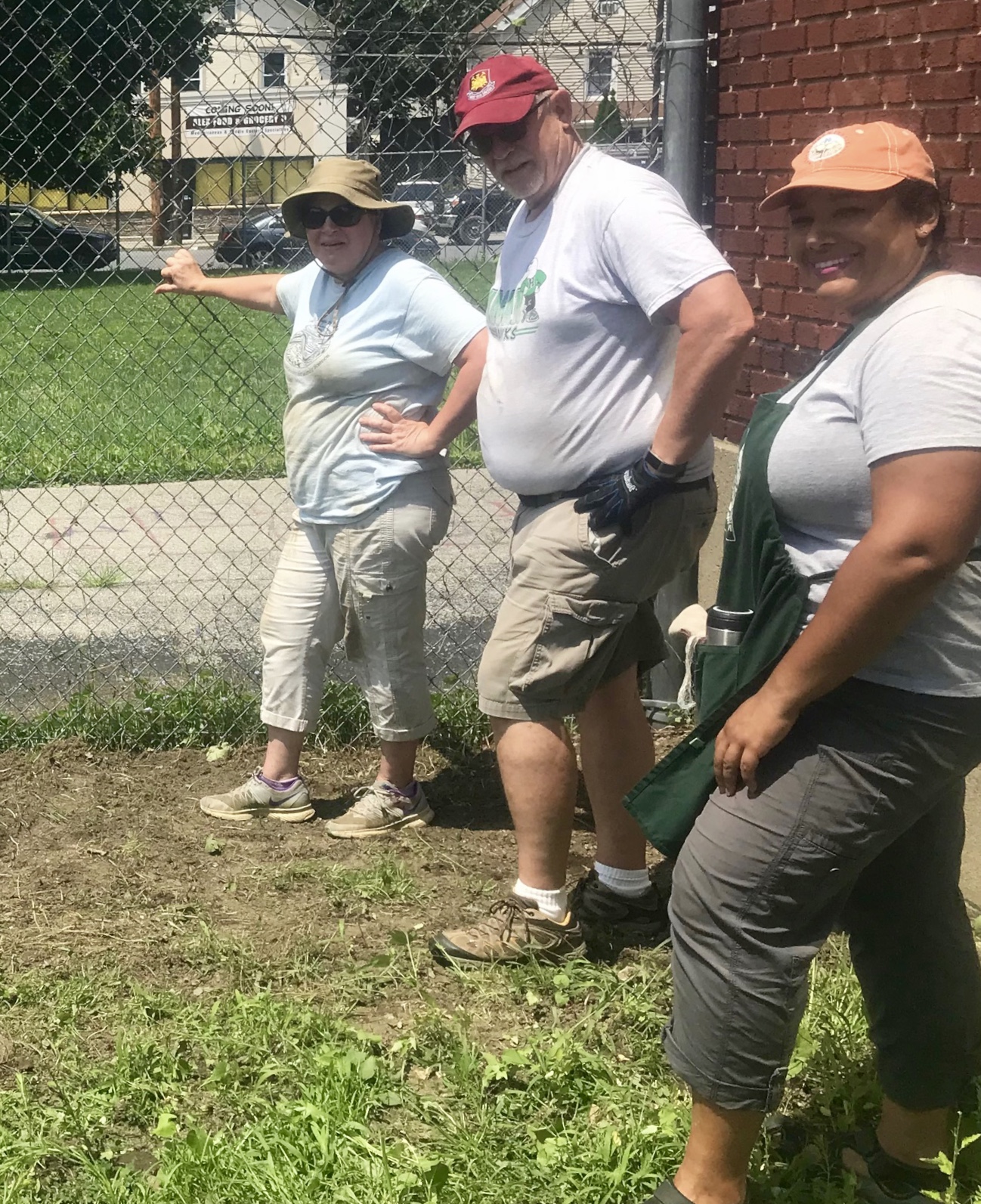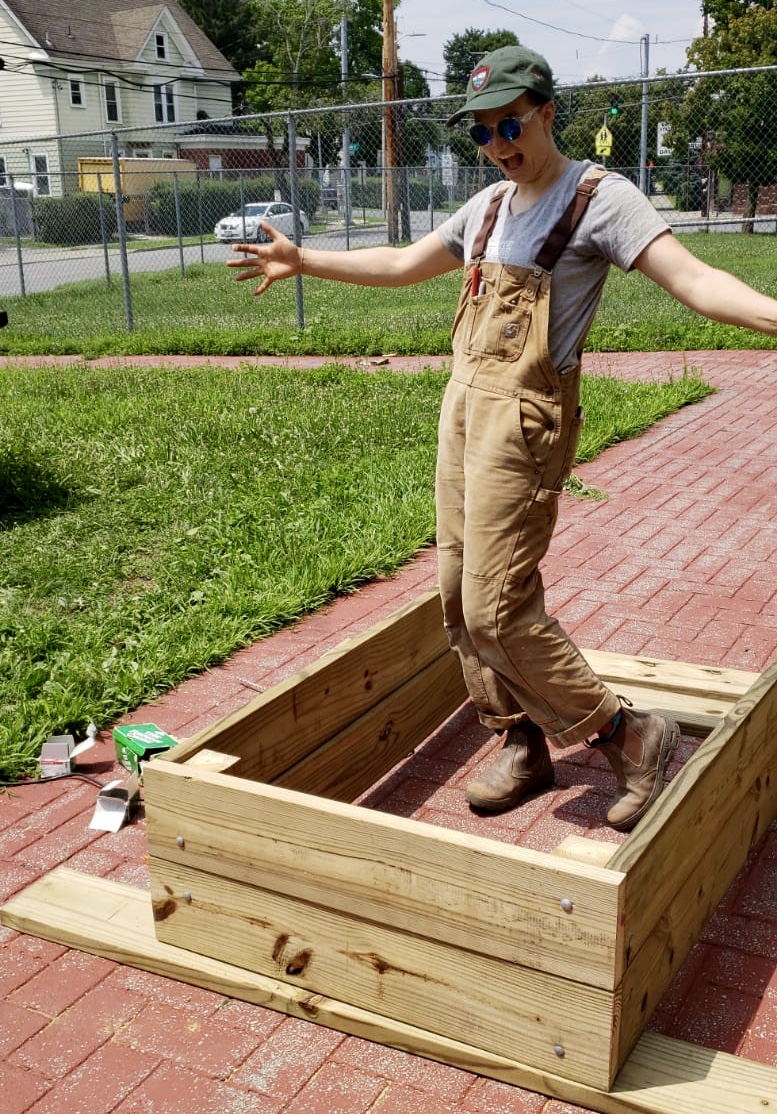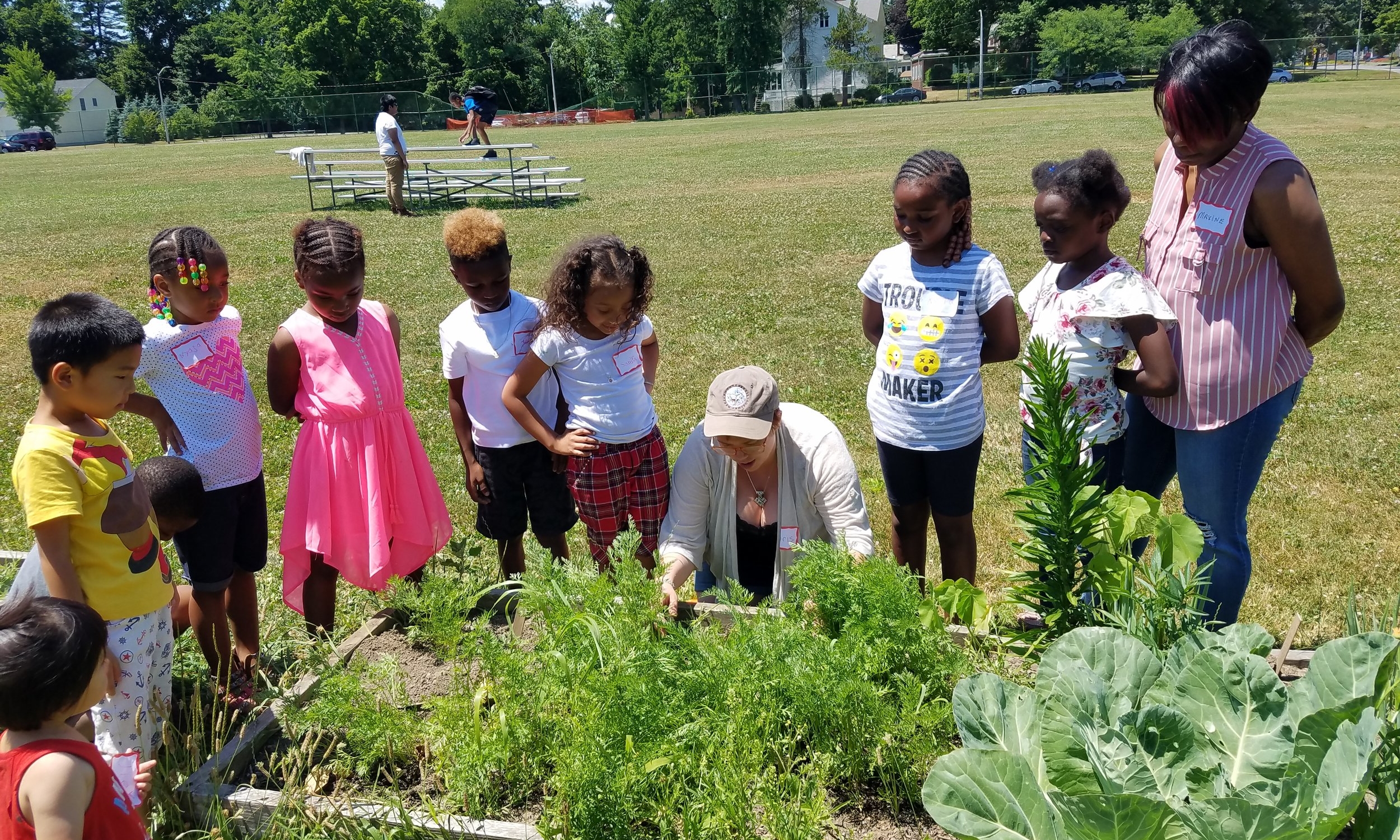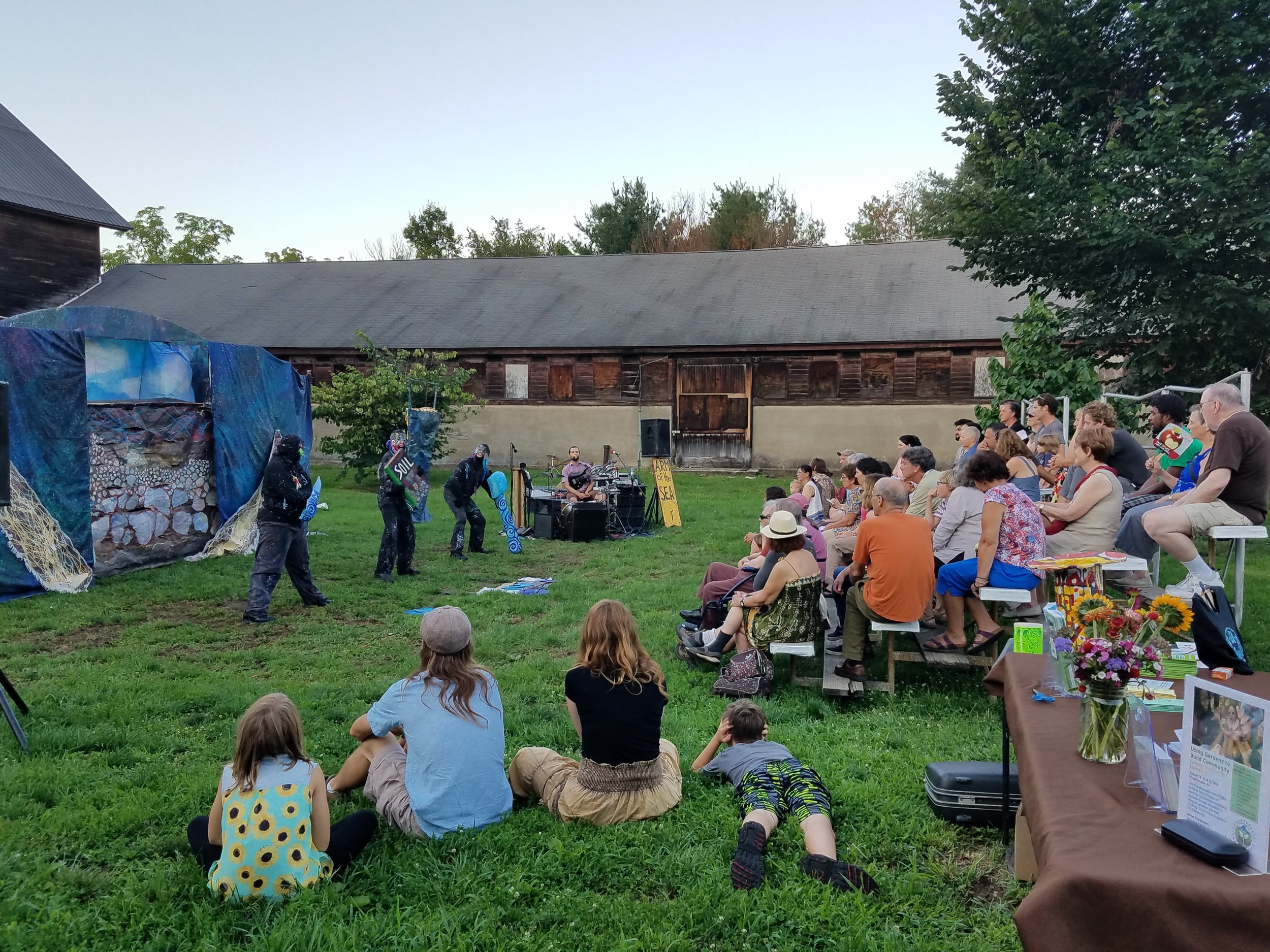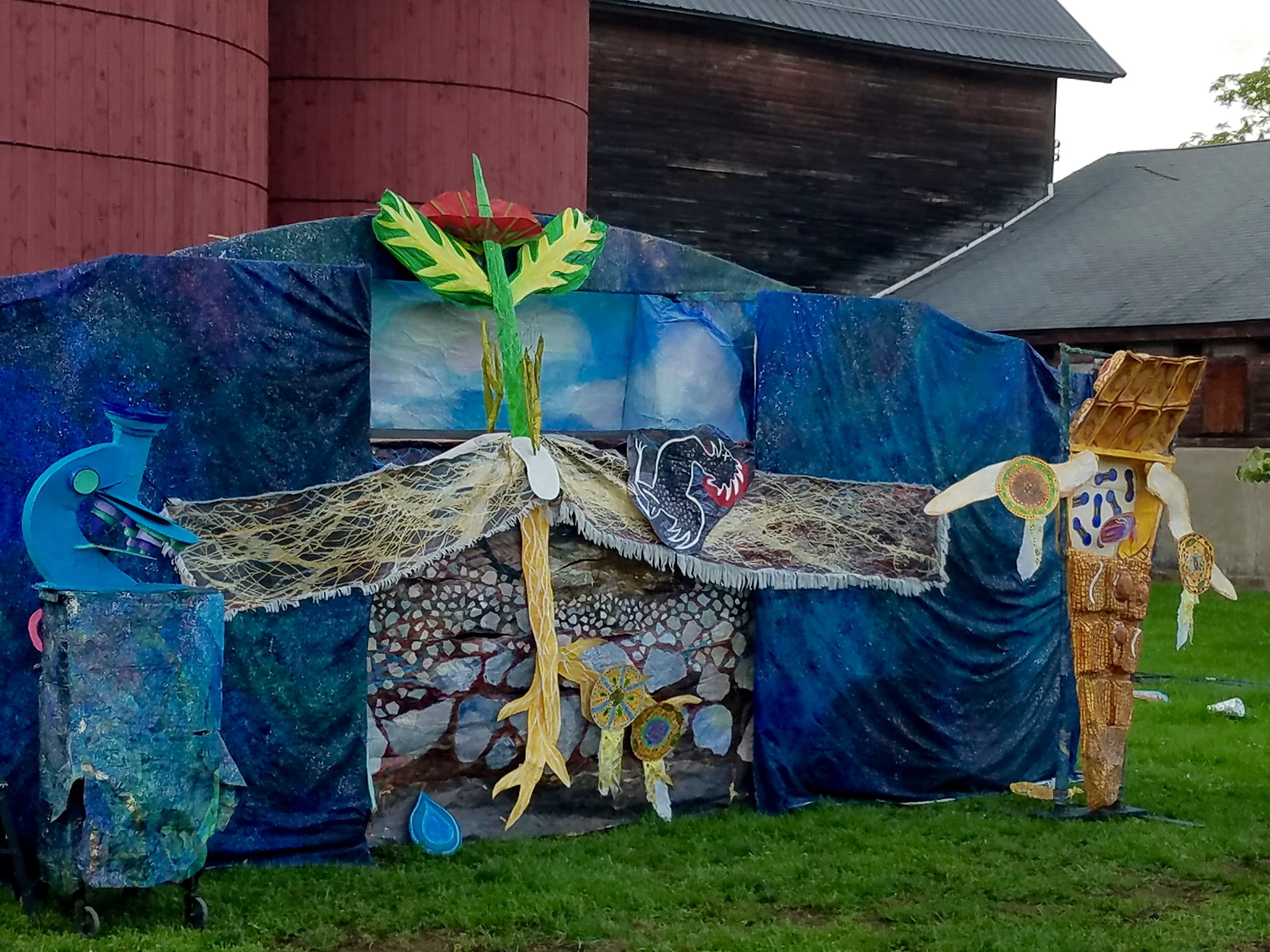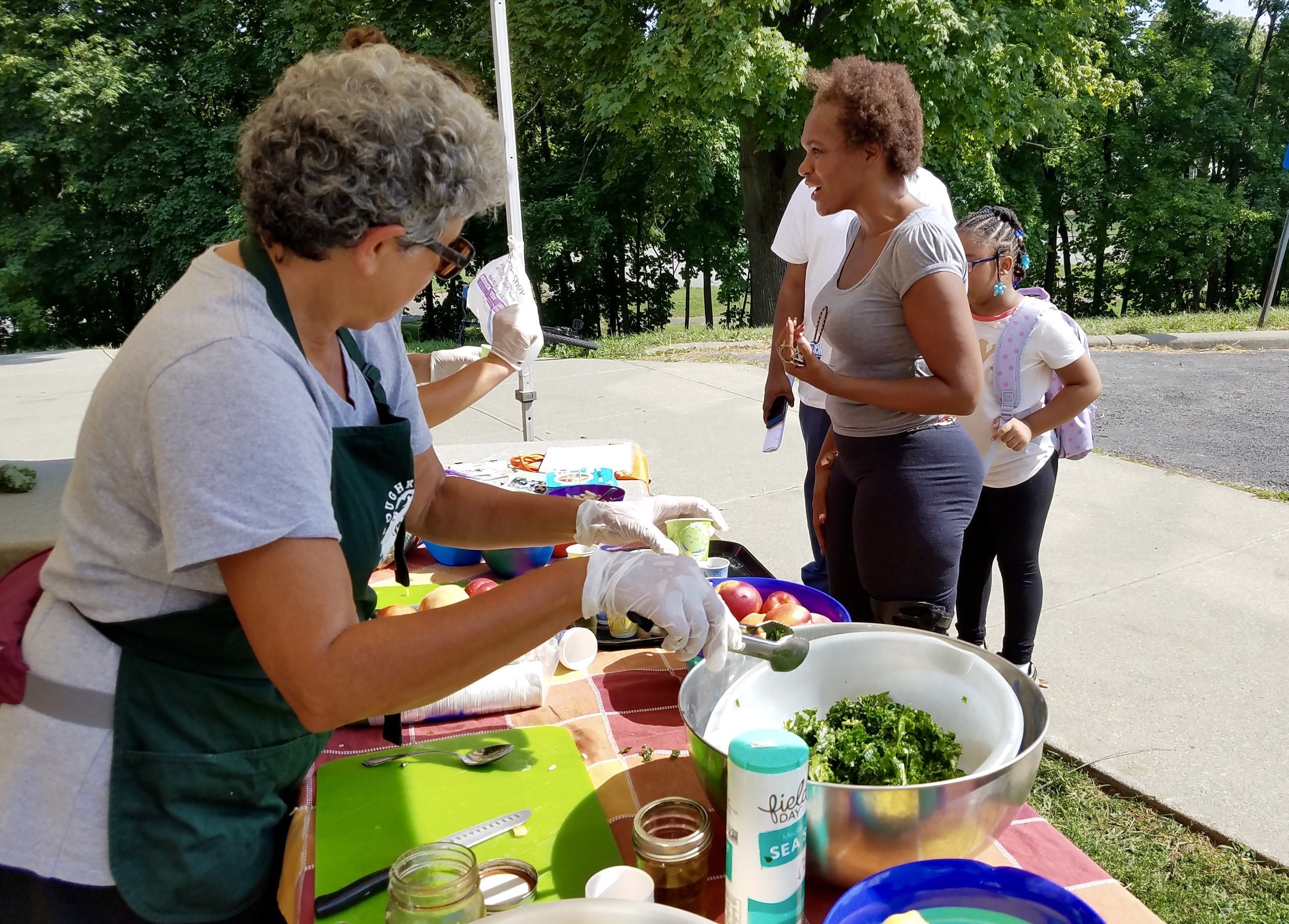Larissa Alvarado, Garden Education Assistant and Meditation Garden Steward
I was introduced to the Poughkeepsie Farm Project as a participant in a family cooking workshop and now I work here as an educator. I’ve always had a desire to learn about natural remedies and now I have access to the plants and the opportunity to learn under Beatrix Clarke, a bio-regional herbalist. As we walked through the herb garden the first time she told me, “you would be surprised that most issues can be resolved by using plants that you see regularly.” This kind of herbalism includes both looking at what is growing wild in the area as well as cultivating herbs locally. Under her guidance, I have become the steward of the farm’s meditation herb garden and we work together to make and sell herbal products that help support the educational mission of the farm.
My love for gardening and herbalism began as a child. Inspired by my mother who always had a garden while I was growing up and was very much into the natural world. She was a master improviser; she could create something out of nothing. We didn’t have much money so she had to get creative and use what was around us. My mother taught me how to grow food in the little plot of land in front of our apartment building. In addition to growing food, she would make things like lotions, soaps, and candles. I can remember going with her to the Adriance Memorial Library to check out books about herbal remedies and natural skin and hair care. My friends and I would go around the neighborhood collecting magnolia flowers to create our own perfumes and we loved making herbal steam baths for our faces.
As a kid I didn’t understand all the healing properties of each plant, but I always understood things from the earth are special and have value. My love for God, the creator of the earth and these beautiful weeds and herbs gave me the passion for wanting to use them and share what I'm learning with others. How loving it is to receive such a beautiful gift; the colors, shapes, textures and smells. I am truly grateful and I love what I'm learning! It's like good news! Who doesn't want good news?
Plants were here with their healing properties before pharmacies but most people have lost their connection to this traditional knowledge. In addition to relying on science and medicine, let's not forget the ways the natural world can promote healing. For example dandelions, calendula, and elderberries, just to name a few, can be used to make so many natural remedies! The list seems endless, but you can make digestive bitters, detoxifiers, tea infusions, fire ciders, herbal tonics, salves, herbal liniments, insect repellents, and first-aid remedies. I love working with herbs because it helps us get to the truth of what we're looking for and create supportive, economic remedies for what our bodies actually need to be healthy.
For me, jumping into a new project like this was exciting, but it can also feel overwhelming, so learning from an expert like Beatrix is incredibly valuable. This spring, she is leading a six-part series of workshops on using plants for health and healing. Each session will include the opportunity for you to make your own remedies to take home. The workshop topics include herbs for children’s health, herbal first aid, herbal skin care, winter health with herbs, using culinary herbs to aid digestive health, and herbs for strong bones and healthy joints. You can sign up for all six or take them individually, but if you are like me, once you attend one you won’t want to miss any. After attending just one workshop, it totally changed the way I look at plants I walk past every day. Now I understand their value and know how to use them to improve my own health, and well-being. I've even started making my own recipe book so I can share this knowledge with friends and family.
Now that I make my own herbal remedies, I’ve learned there are so many benefits to using these plants. I have gained a sense of independence, I rely less on pills and have taken control of my own body and health. It isn’t something that happens overnight, it's a lifestyle. So, if you are committed and keep it up you can really feel the long term benefits. Once you start, you realize that it is so simple and, inexpensive, and it is better for your body and the environment. I find it empowering because it helps me get one step closer to being healthier and happier.
From wild edibles to cultivated herbs, these ingredients are available to us right here in our community and you can learn more about them through the PFP. Please join Beatrix and myself for the herbalism workshops this spring. You can also support our work by purchasing our new line of herbal products at CSA distribution or by emailing me (larissa[at]farmproject[dot]org). If you would like to get your hands dirty, join us on Wednesday afternoons in the spring, summer, and fall as we plant, water, and weed the meditation herb garden. These work sessions are a great opportunity to share knowledge and gain experience caring for these medicinal plants. I really appreciate all the help from the volunteers. It’s fun for the whole family, and you’ll never leave hungry or empty-handed.
What can I say, I’m excited about using plants to heal! Nature grows all around us, but sometimes we don’t realize the wonderful benefits of these herbs, flowers, and even weeds. When it comes to taking care of your body, happy, healthy and empowered is the way to go!





